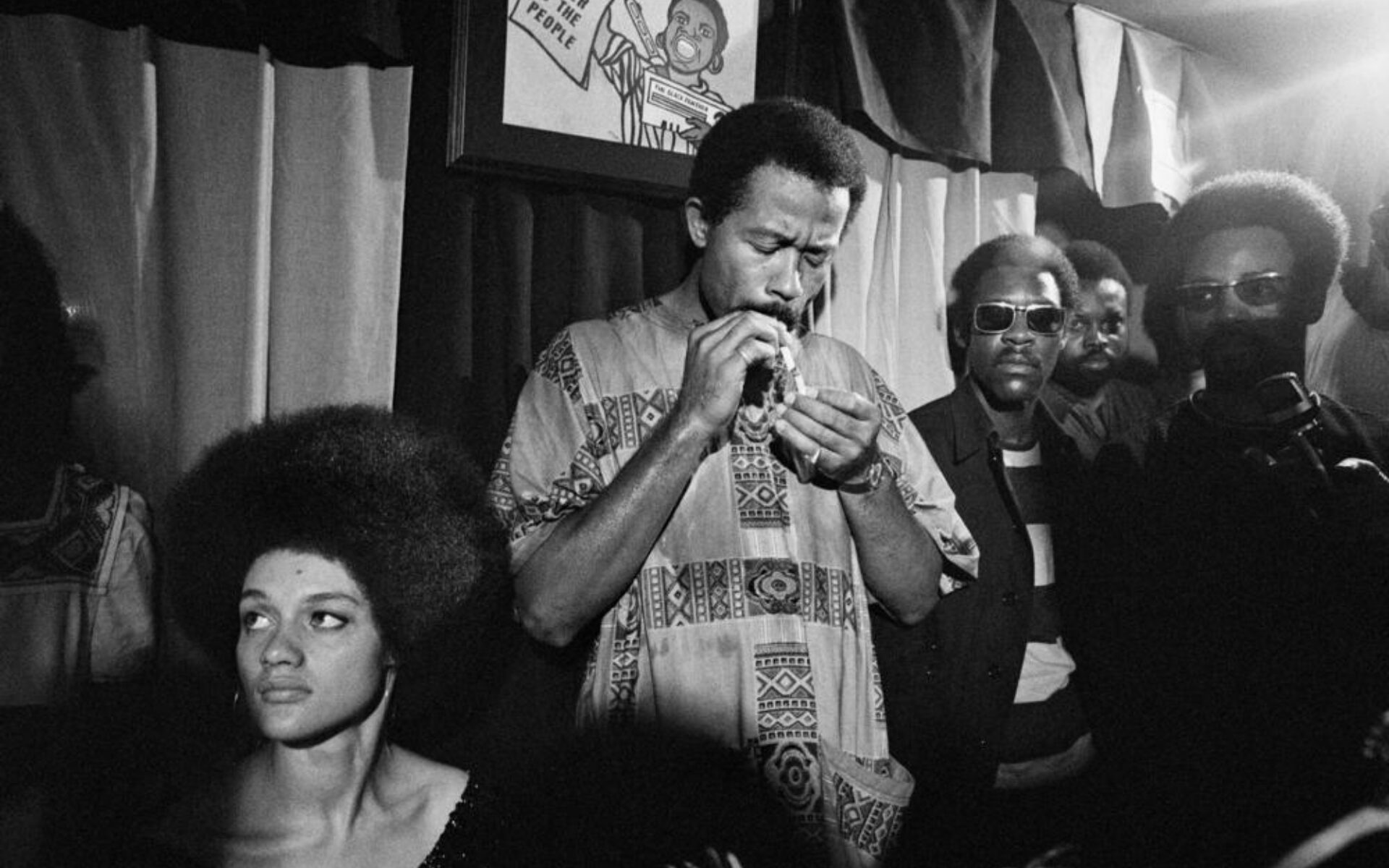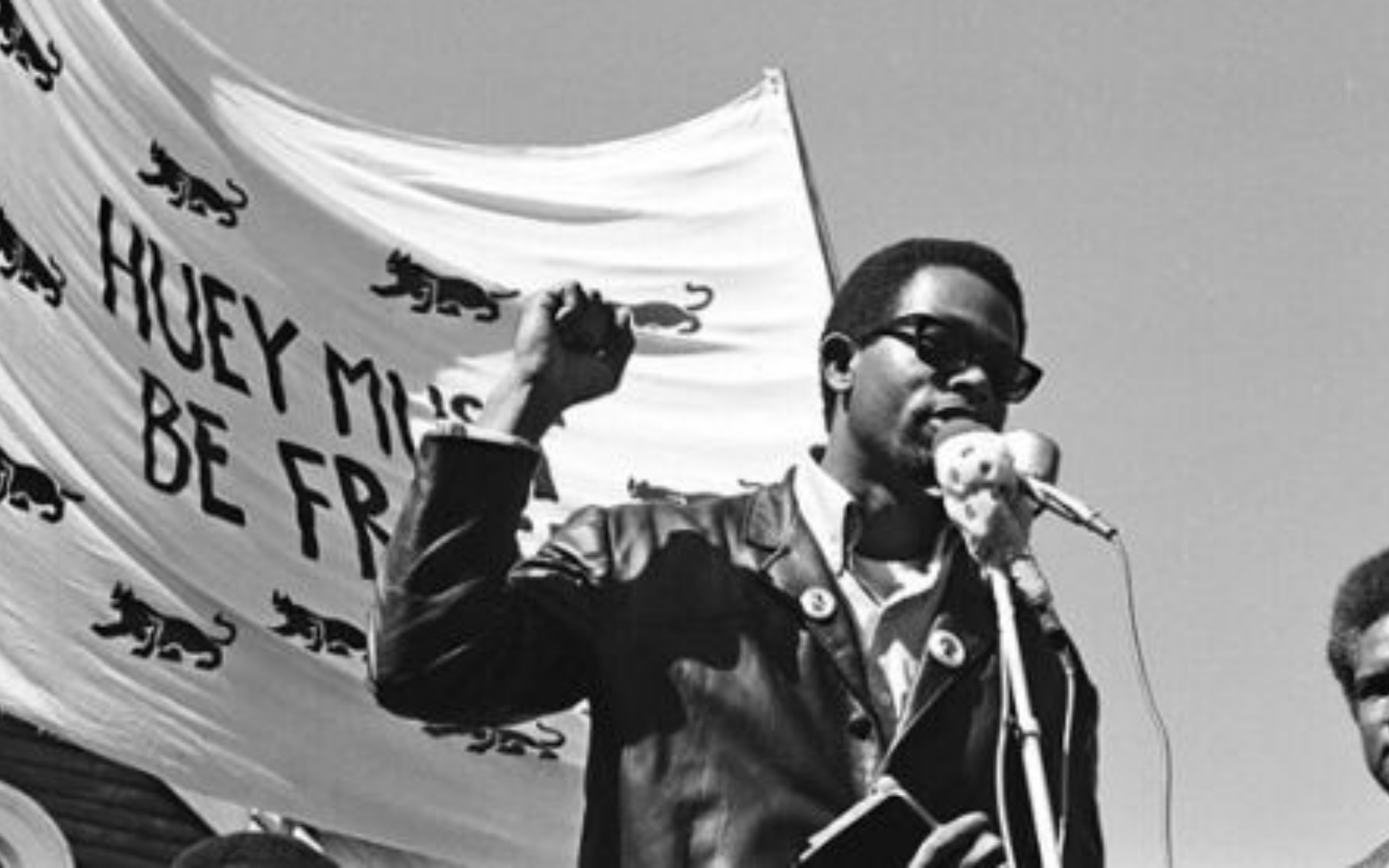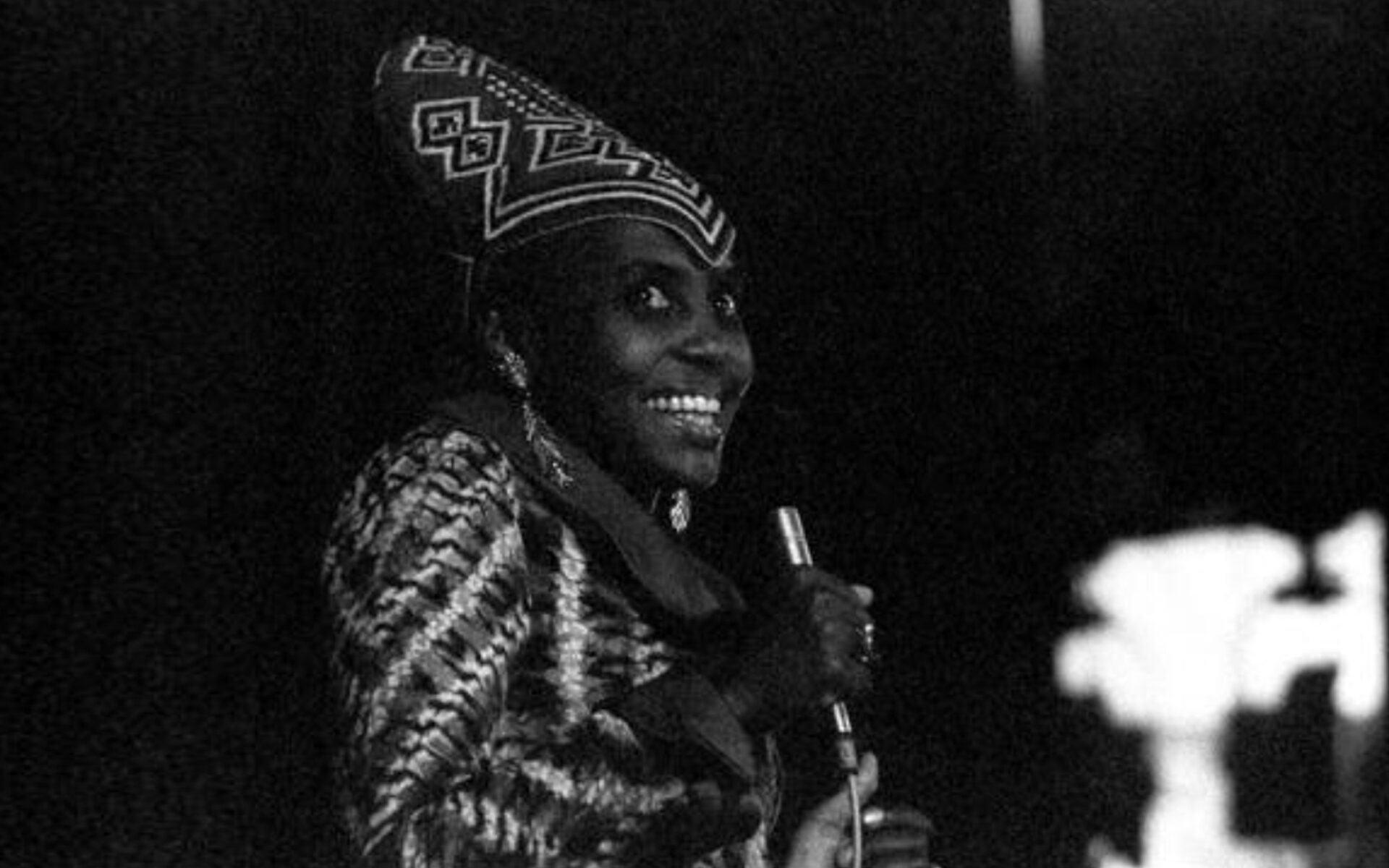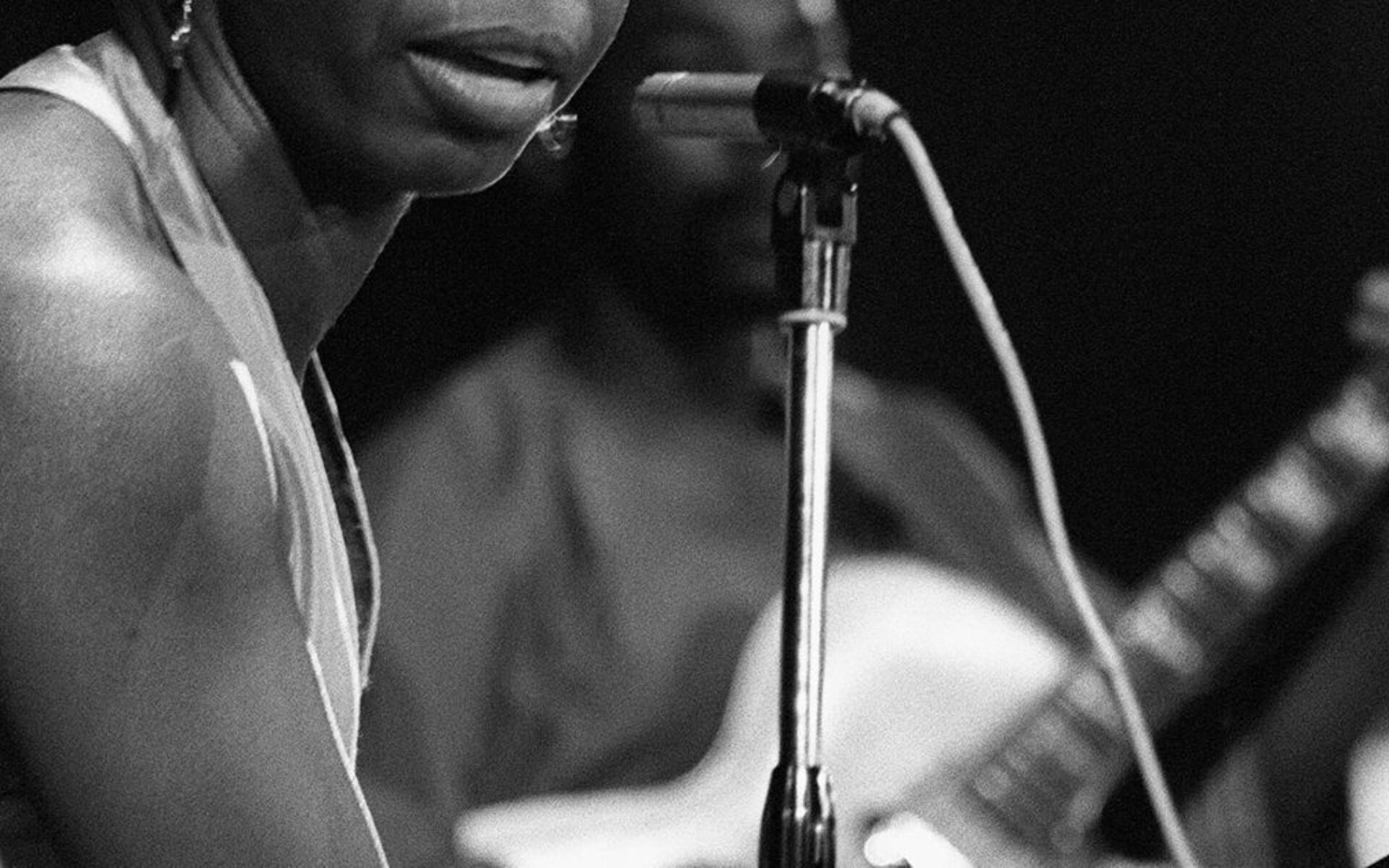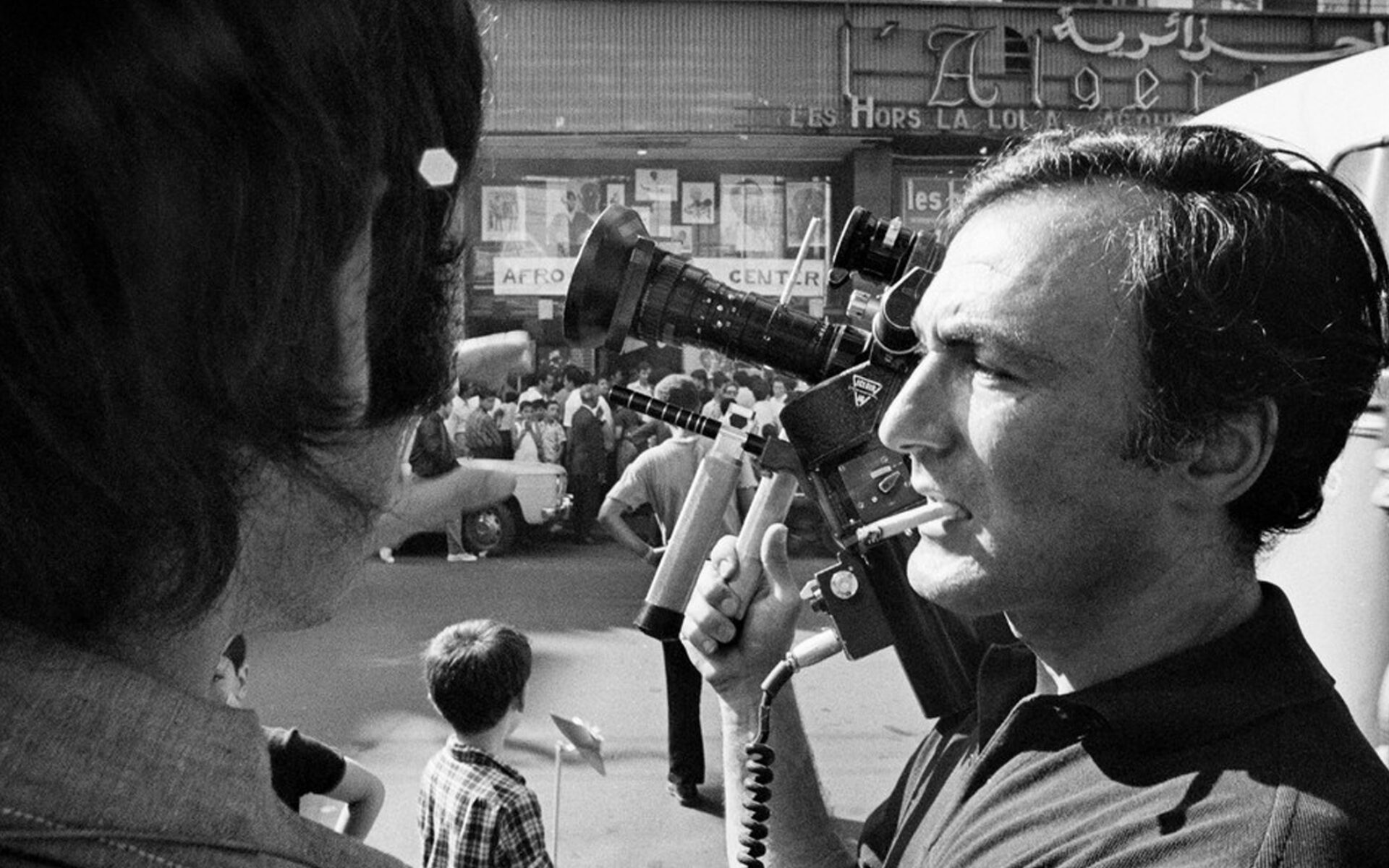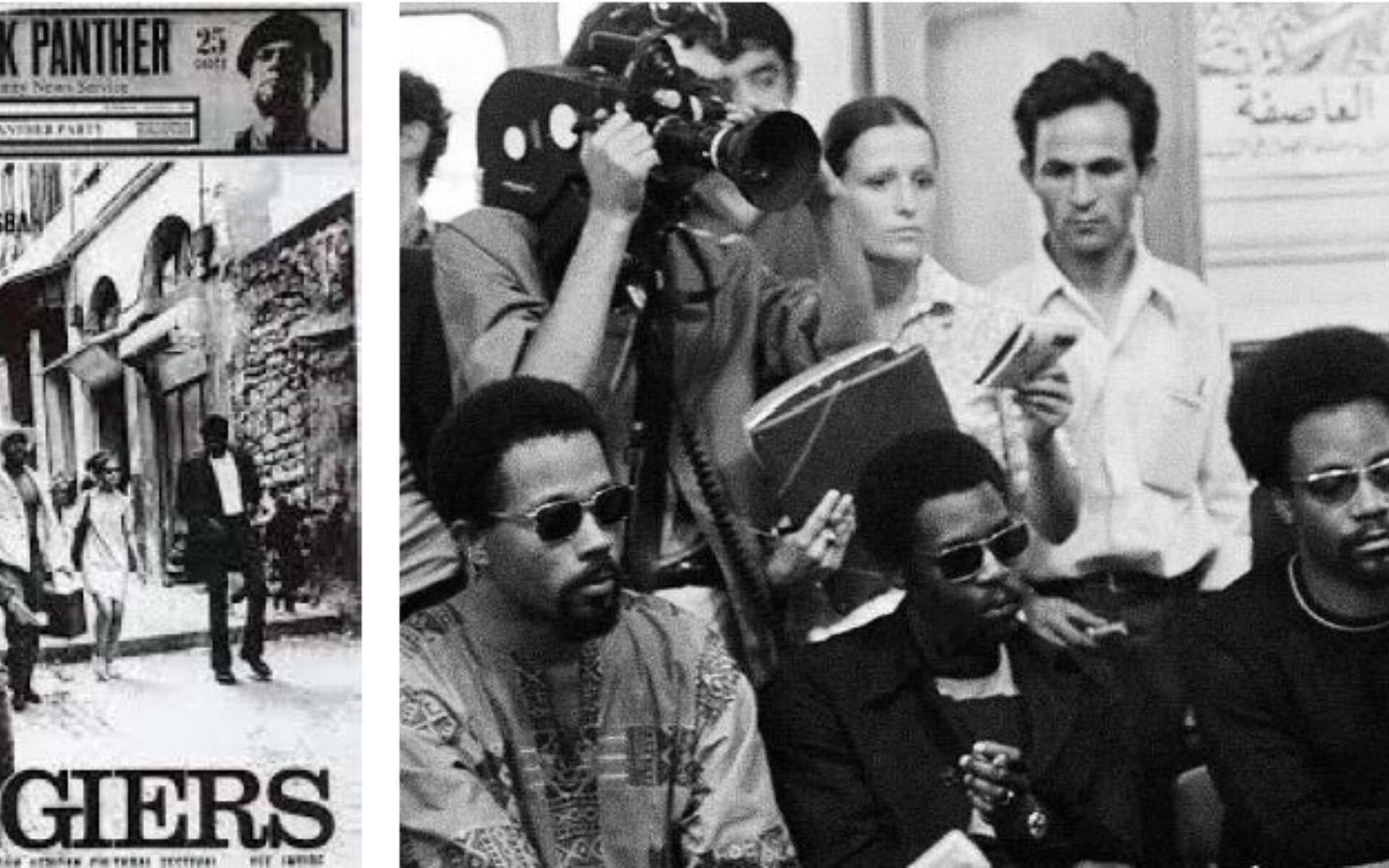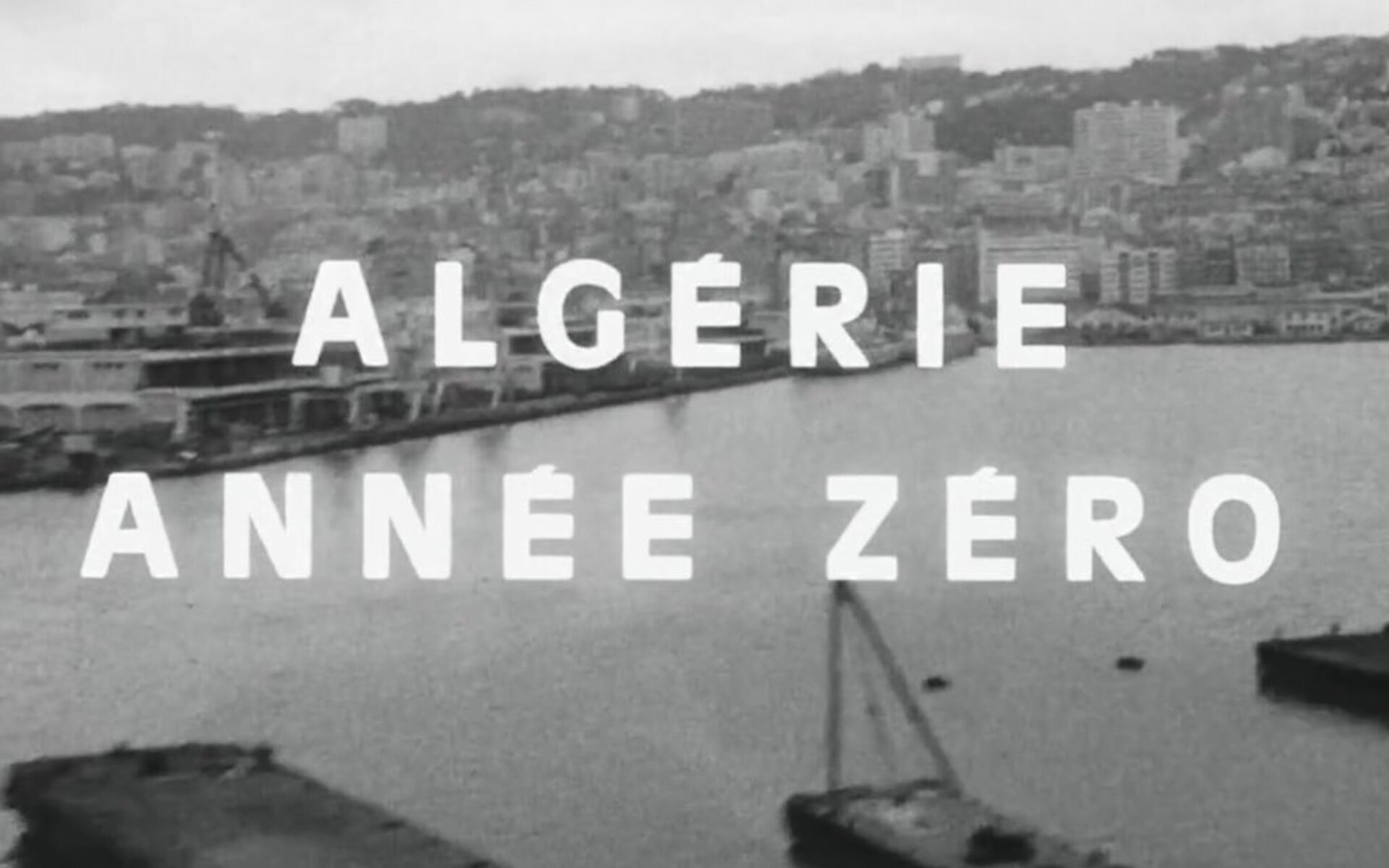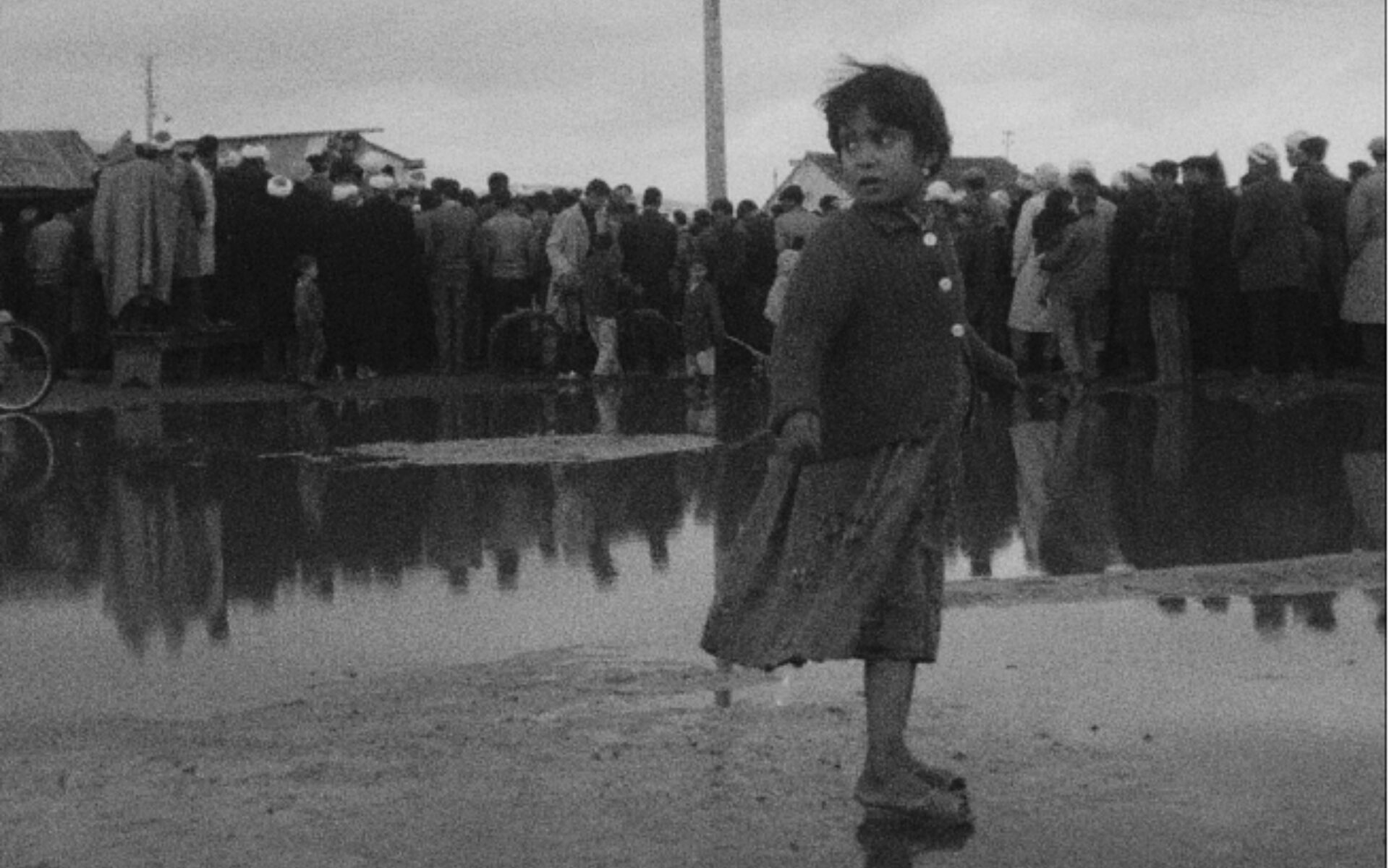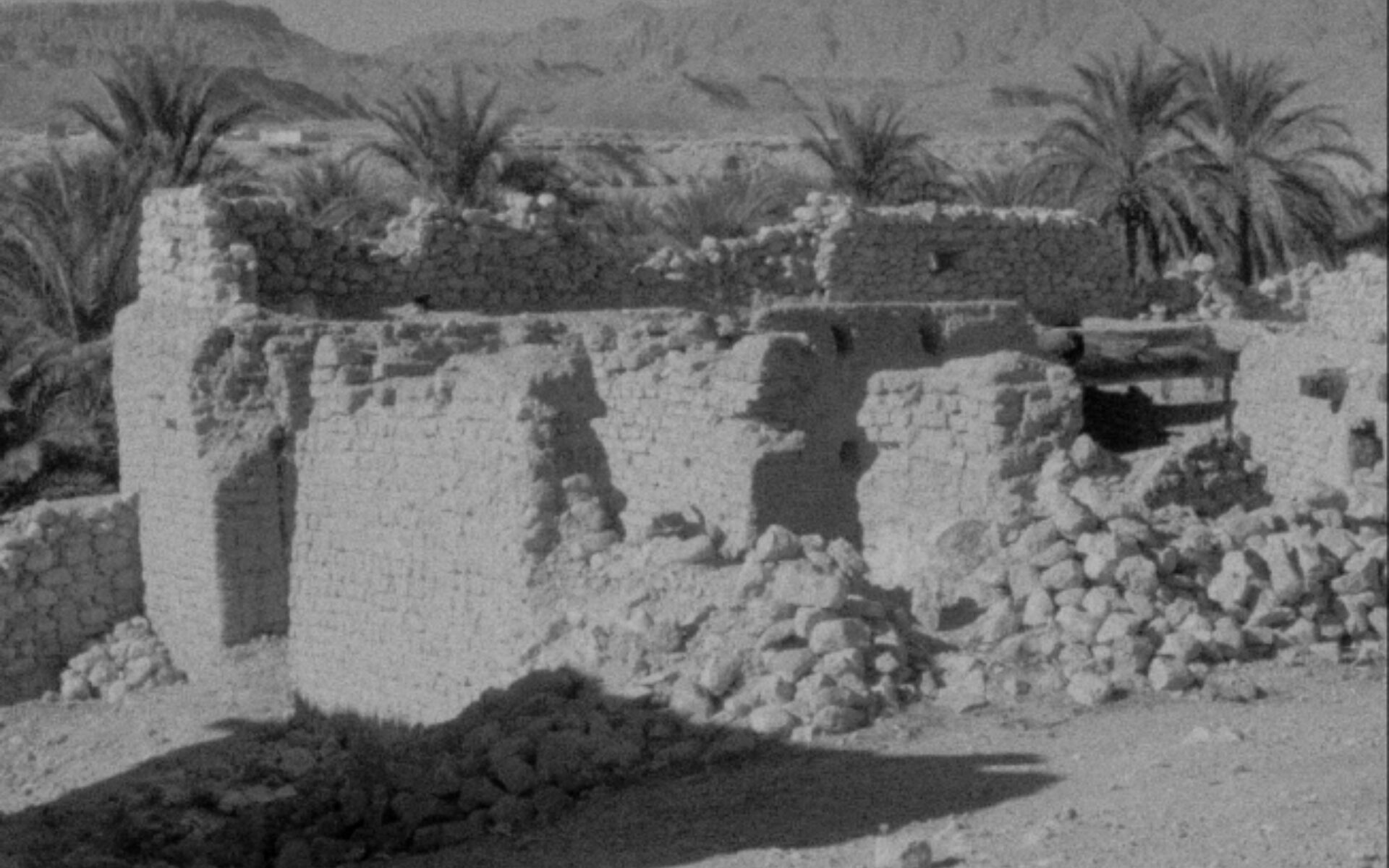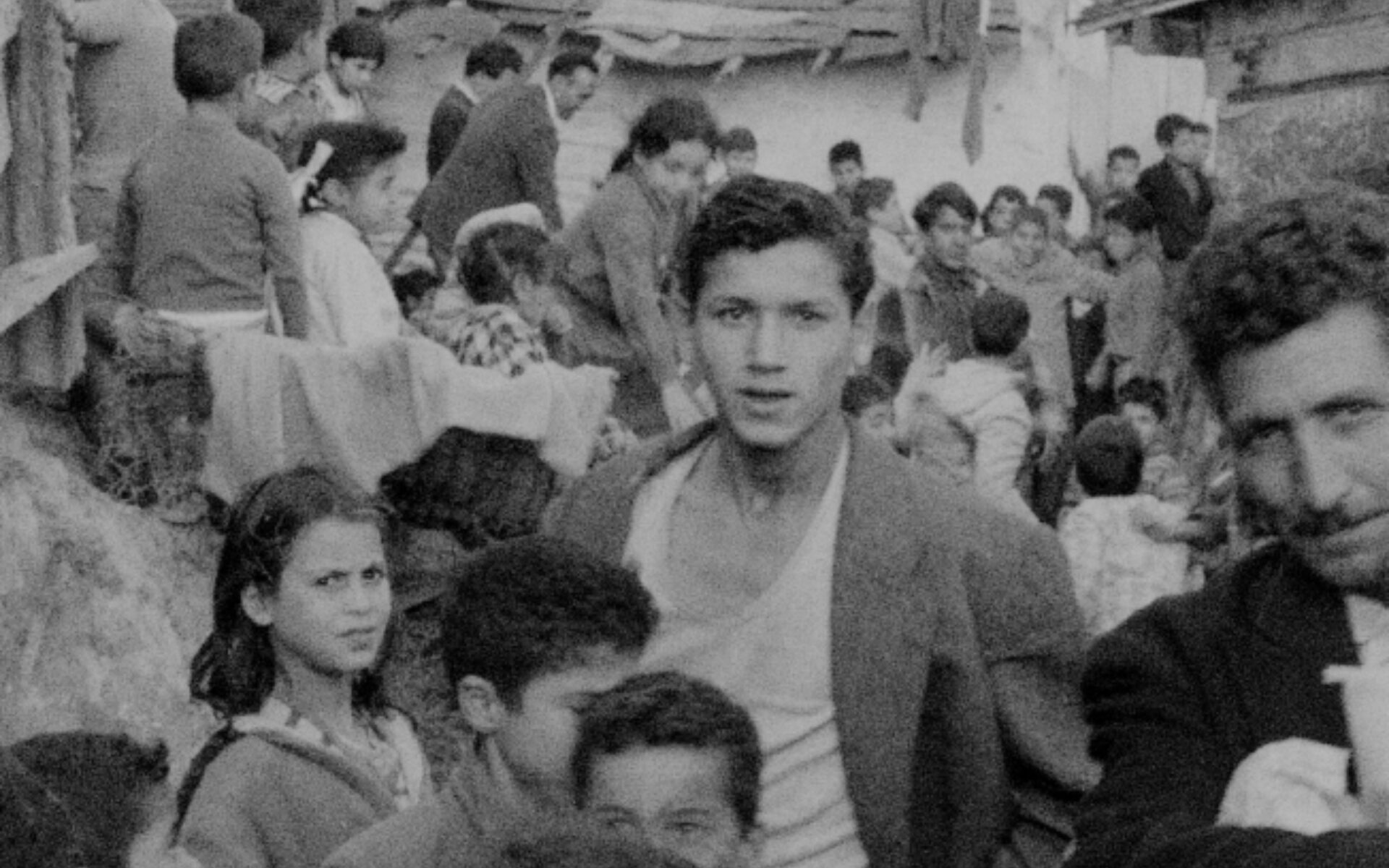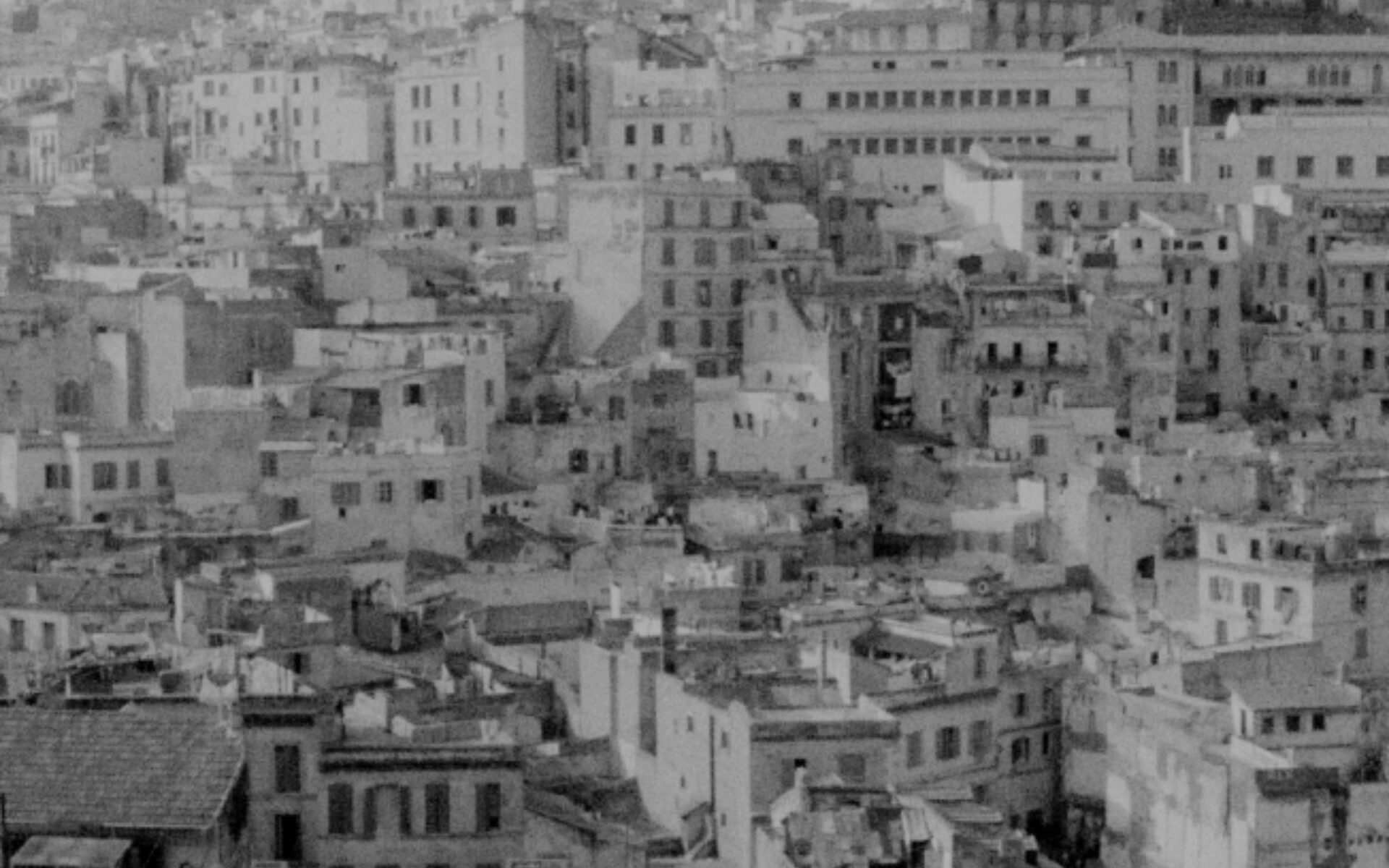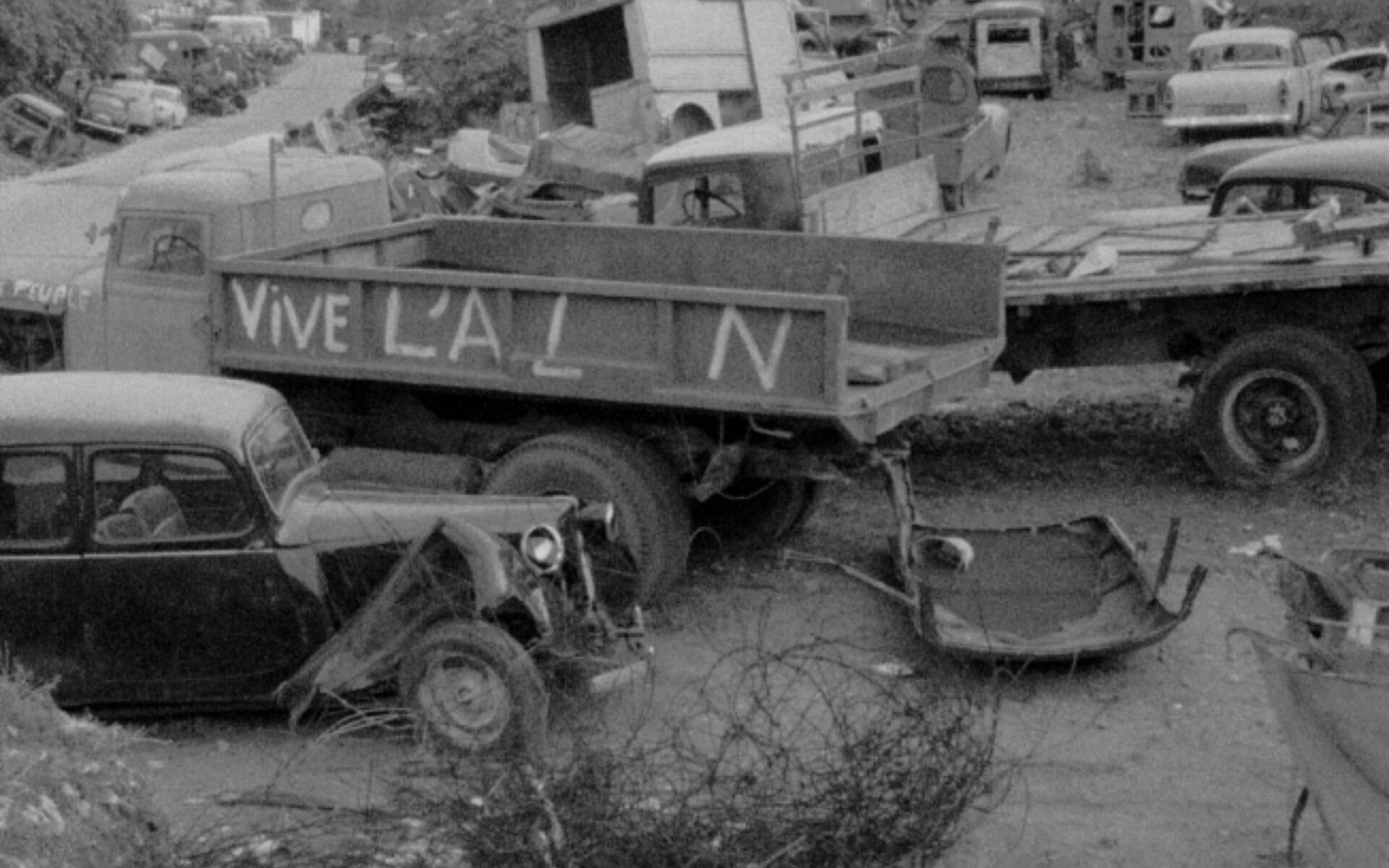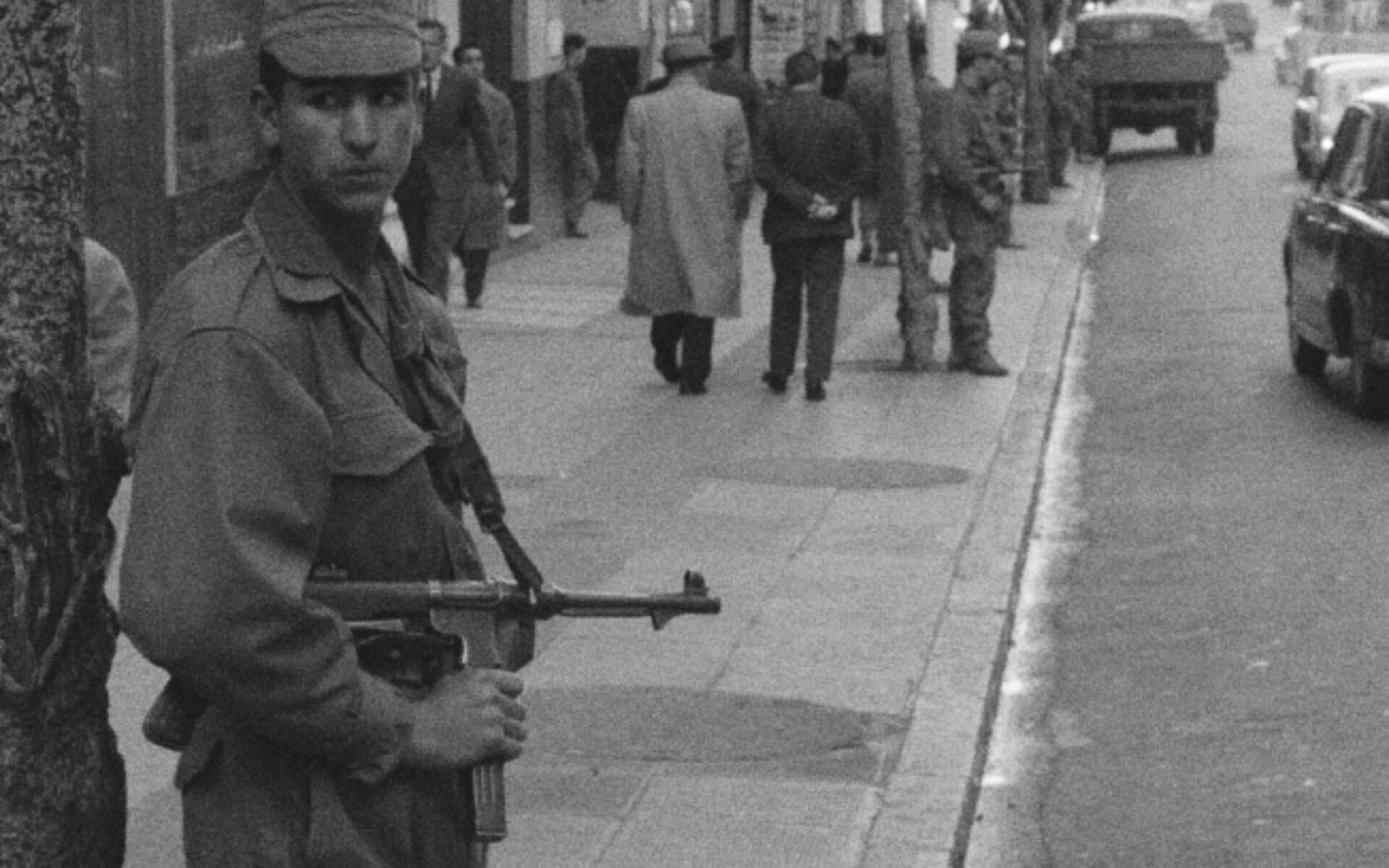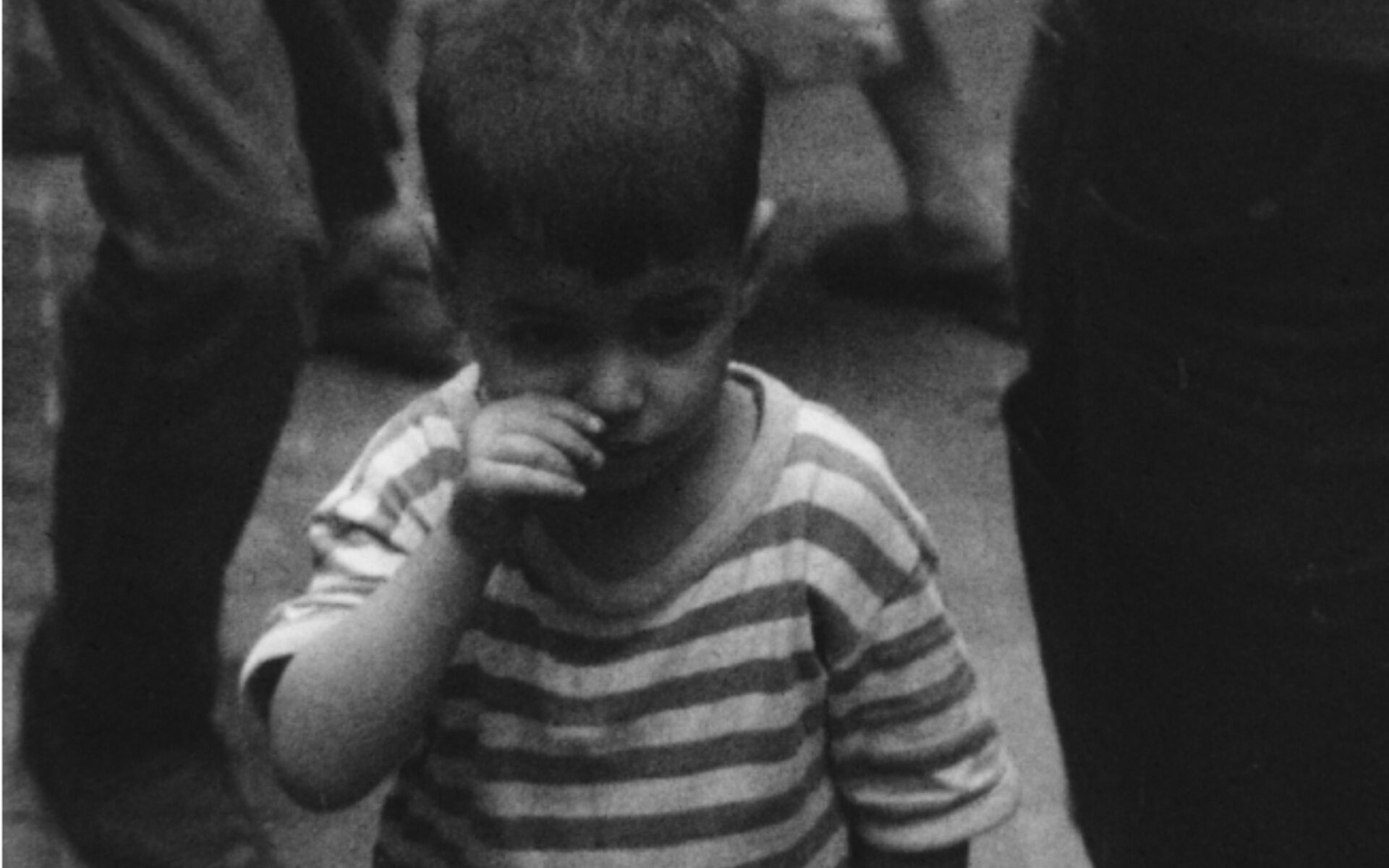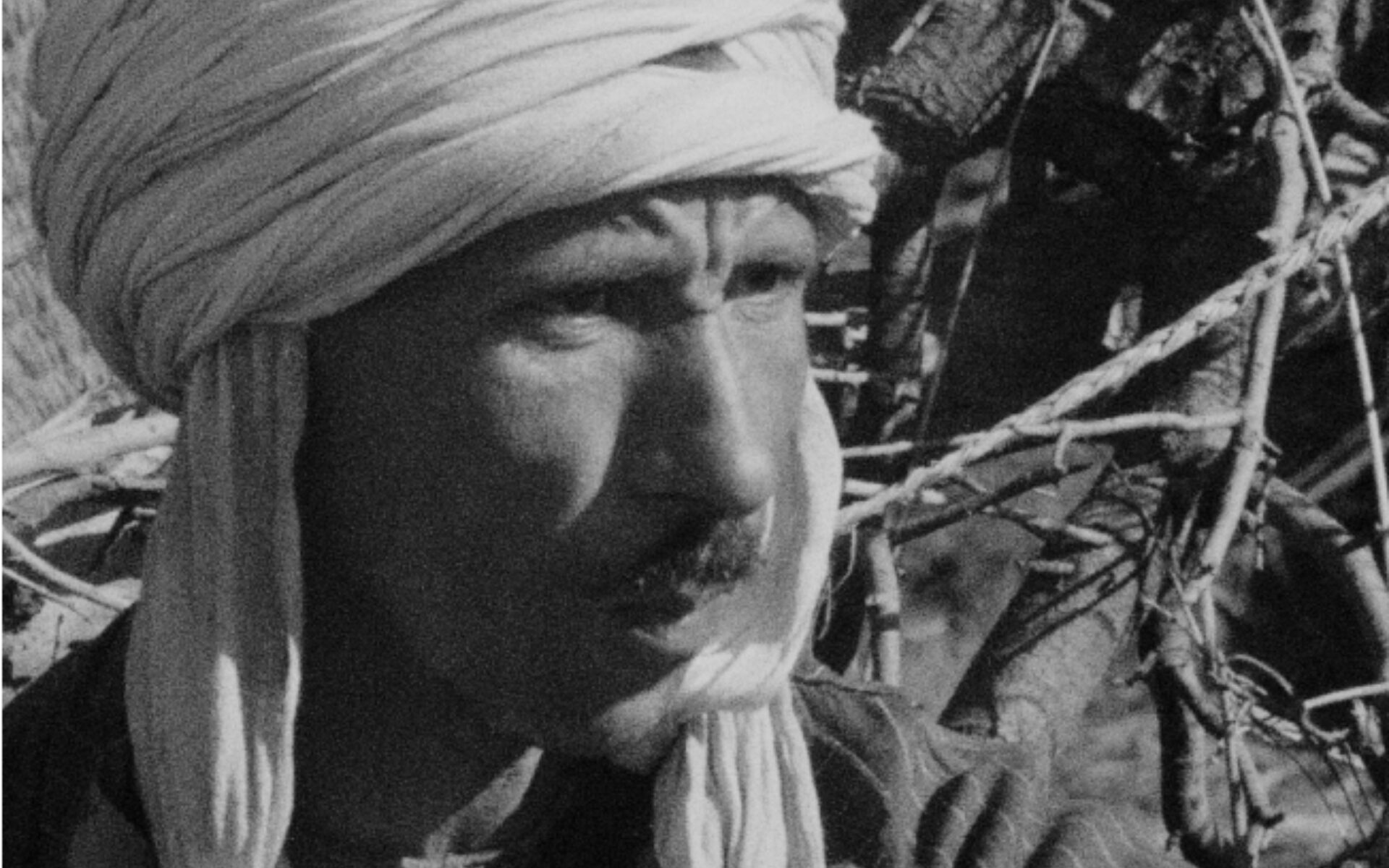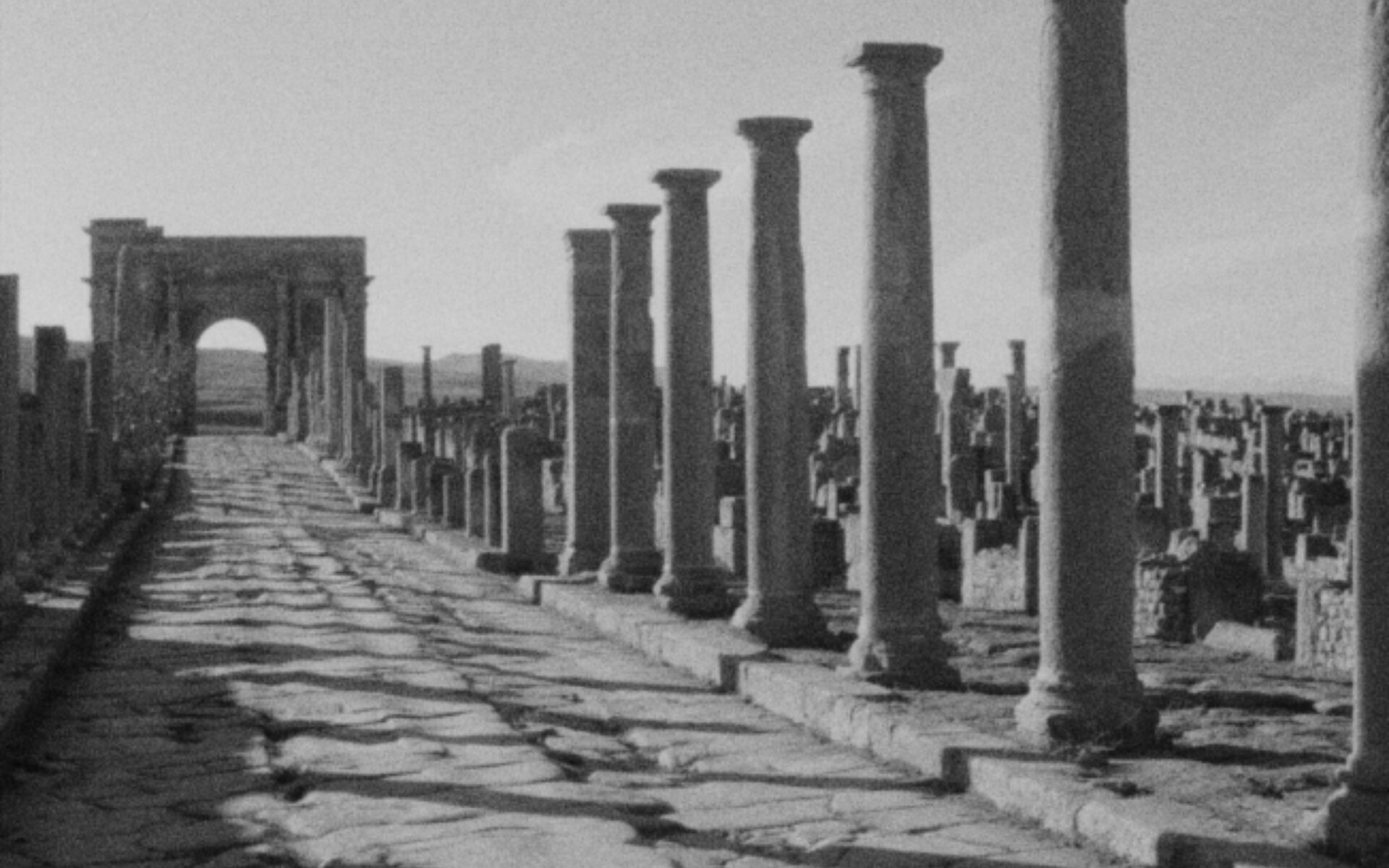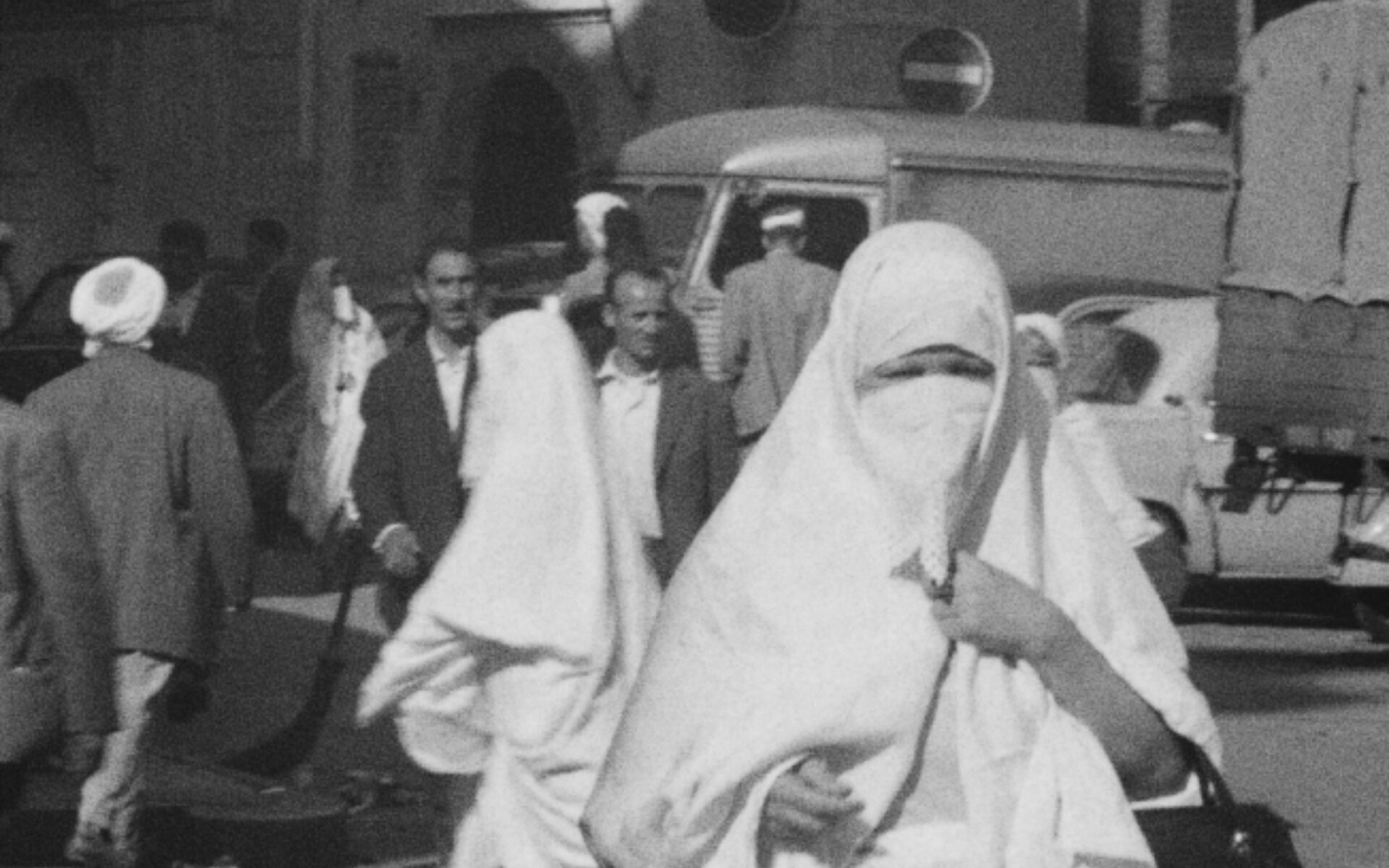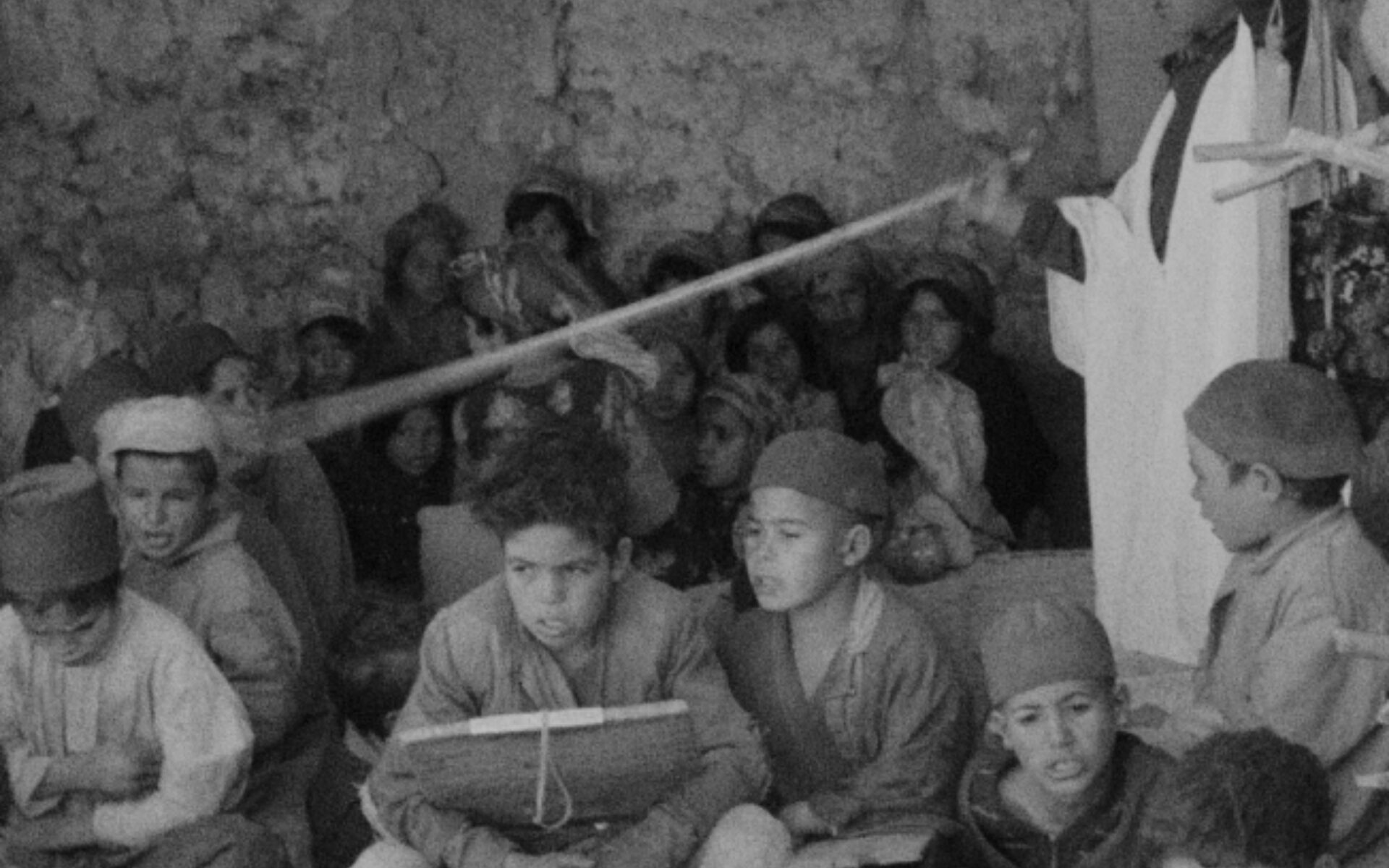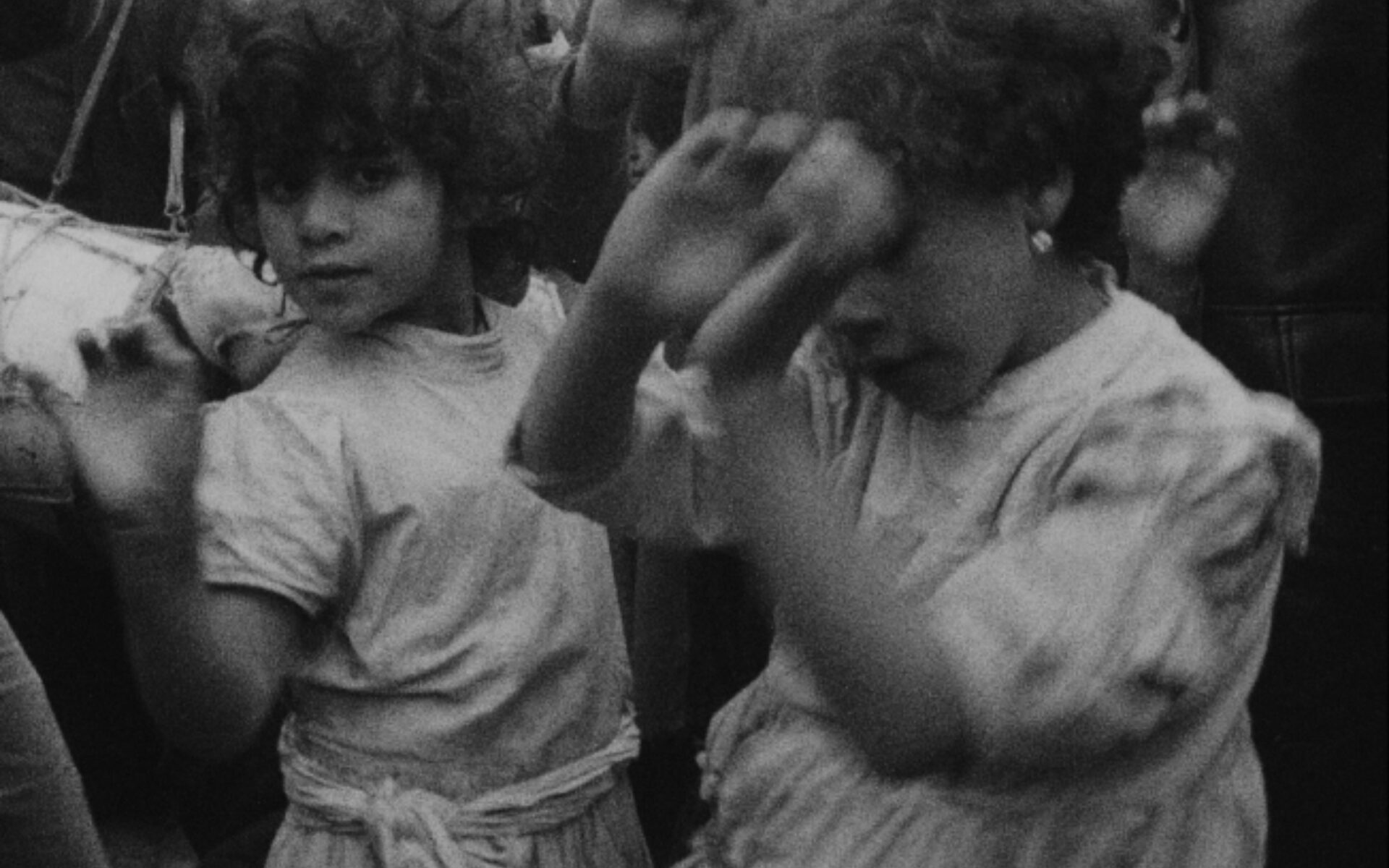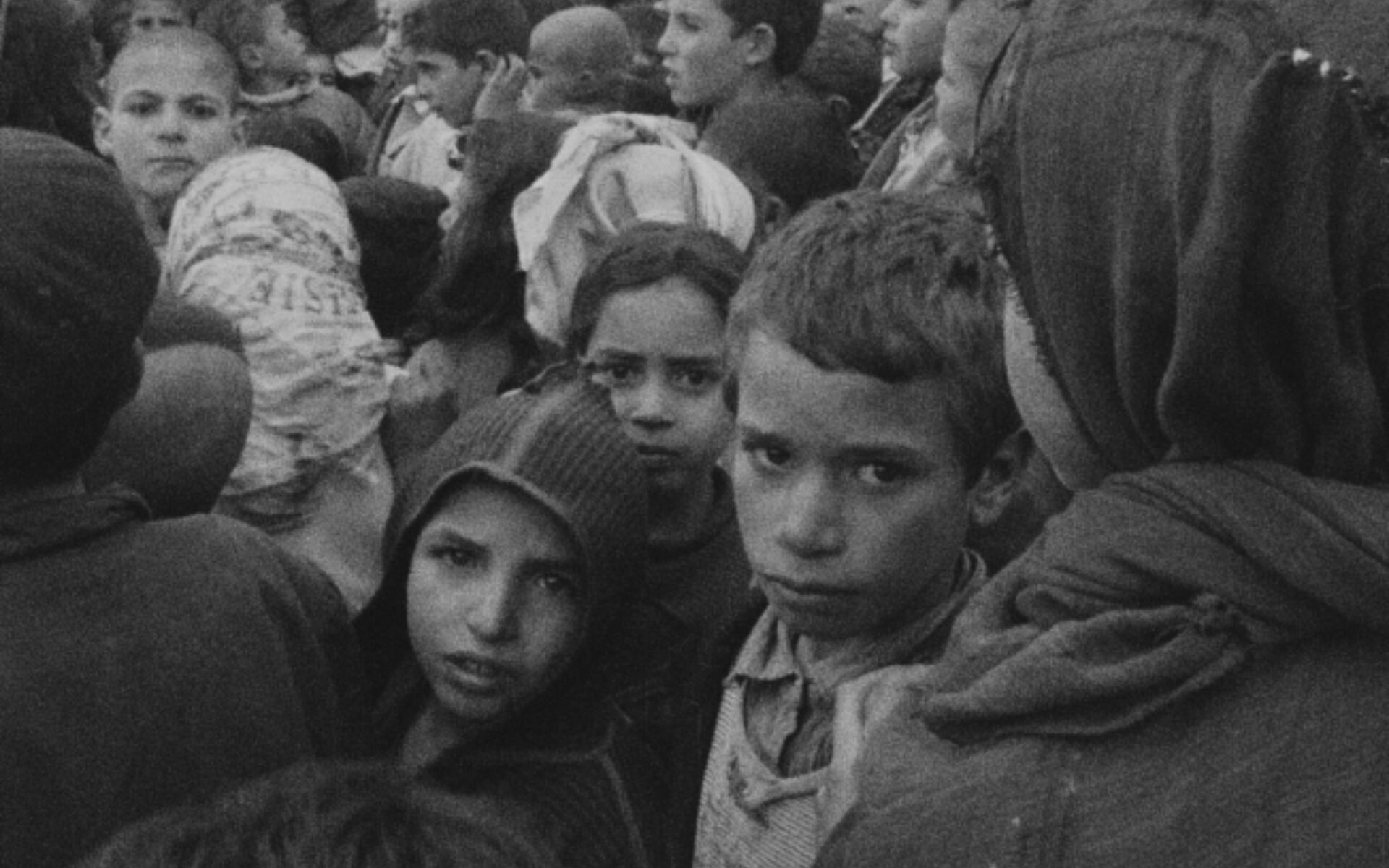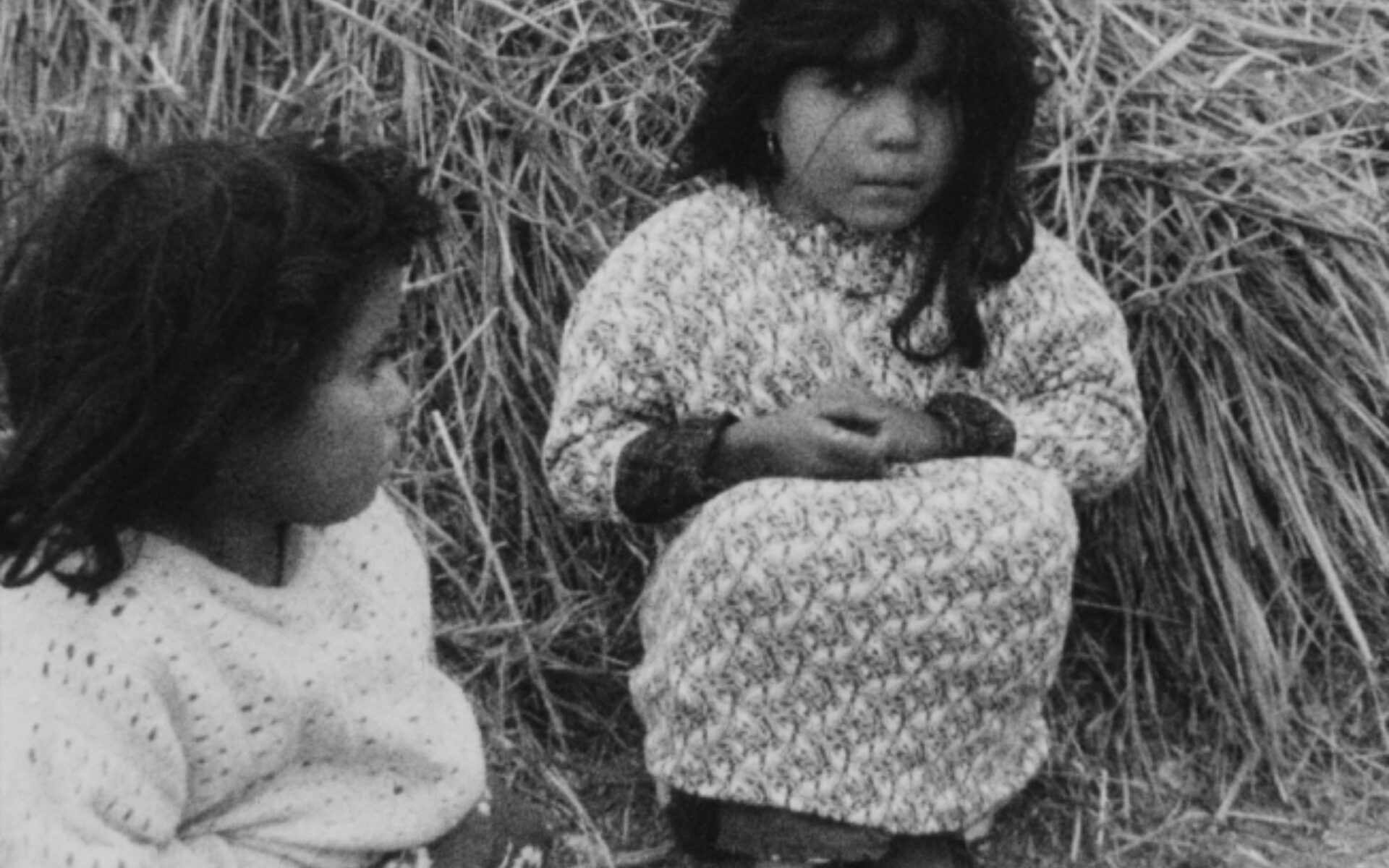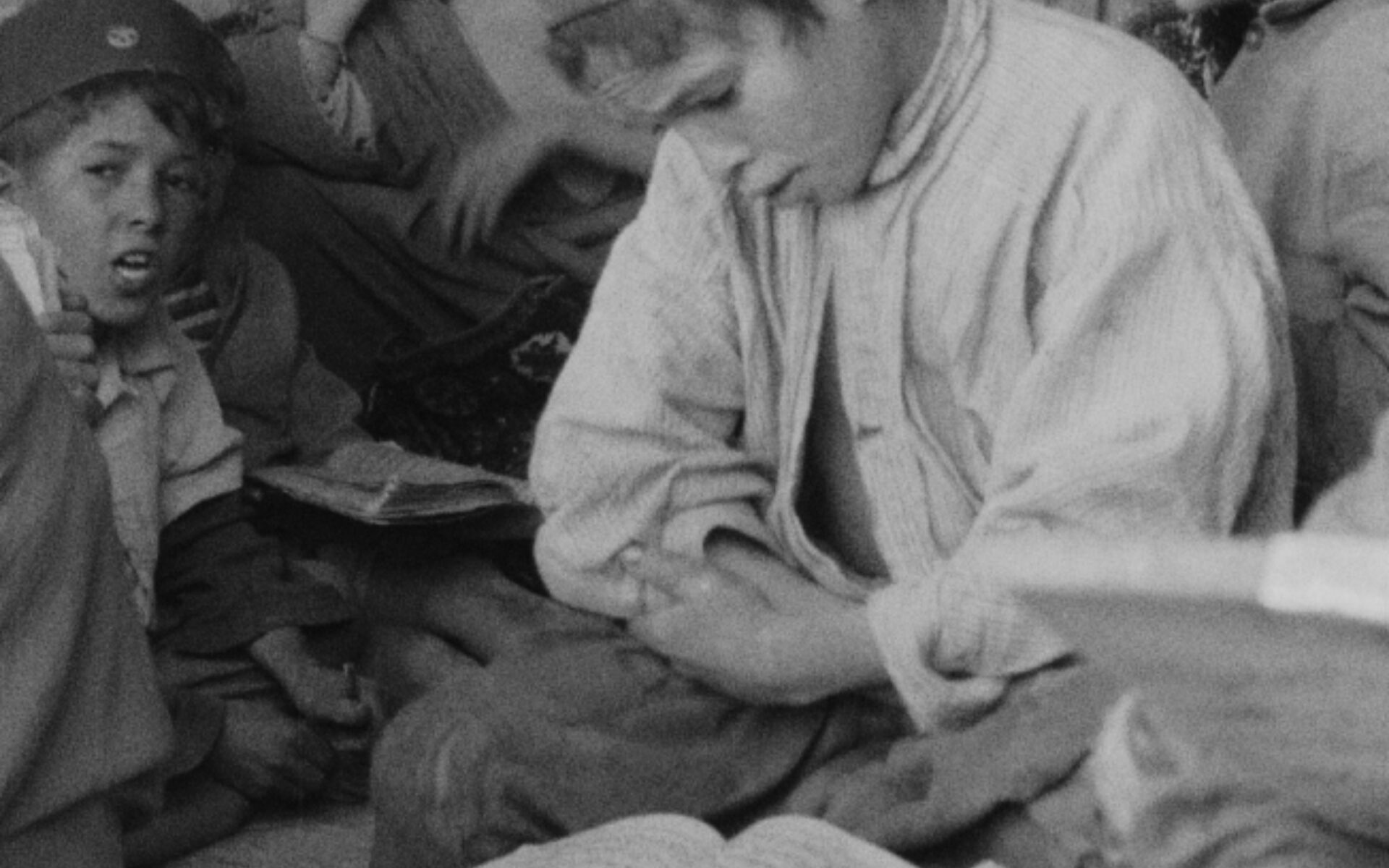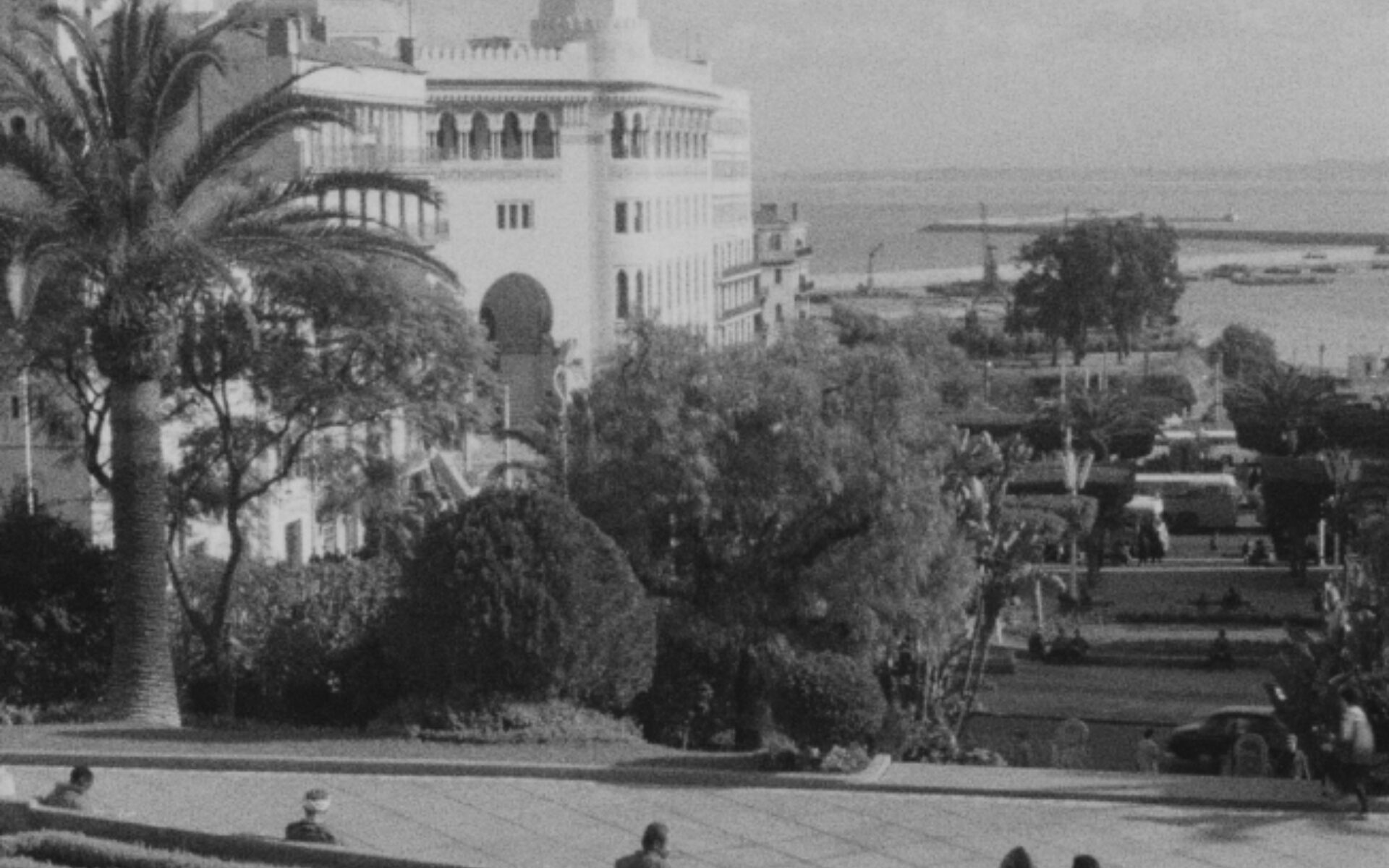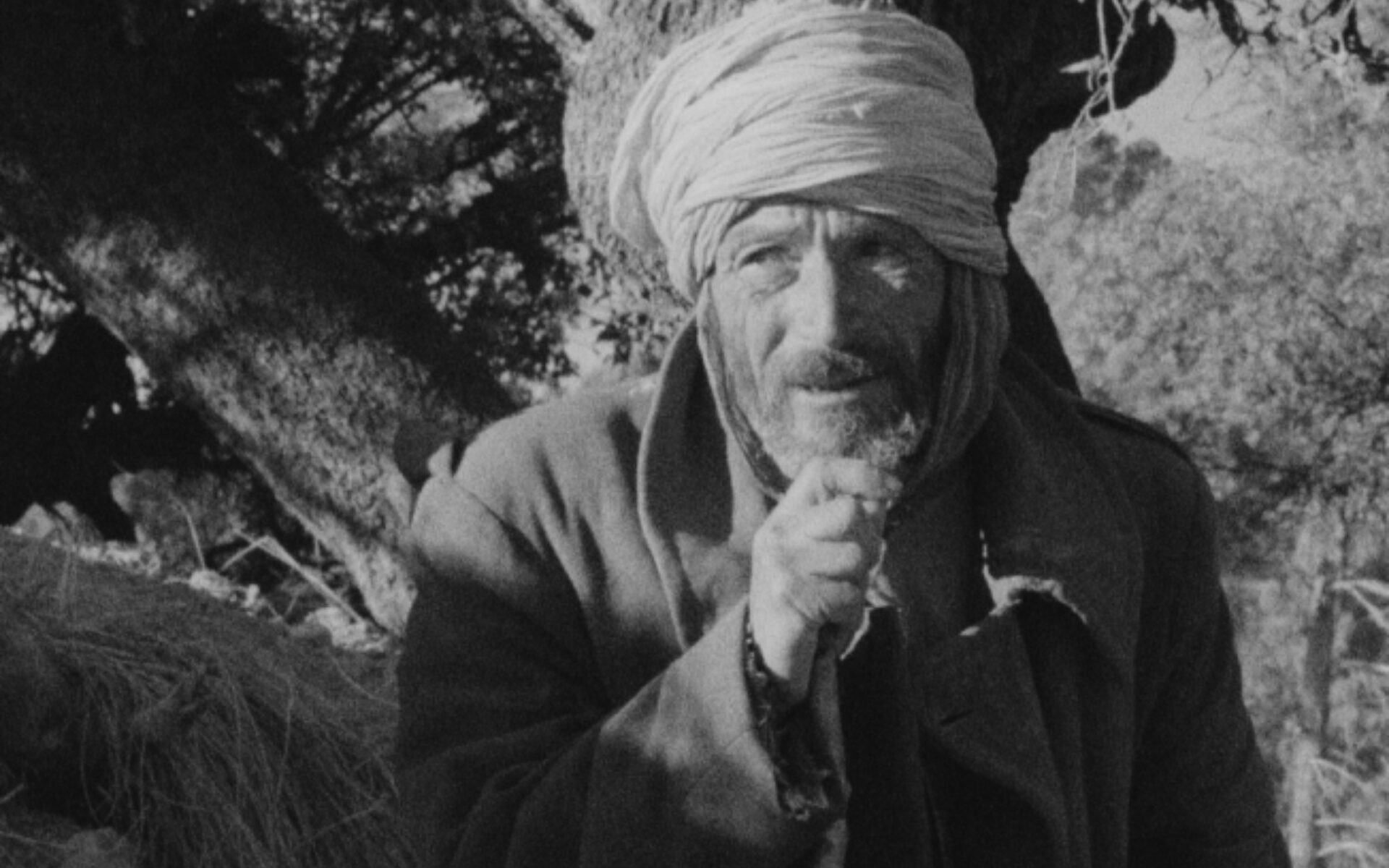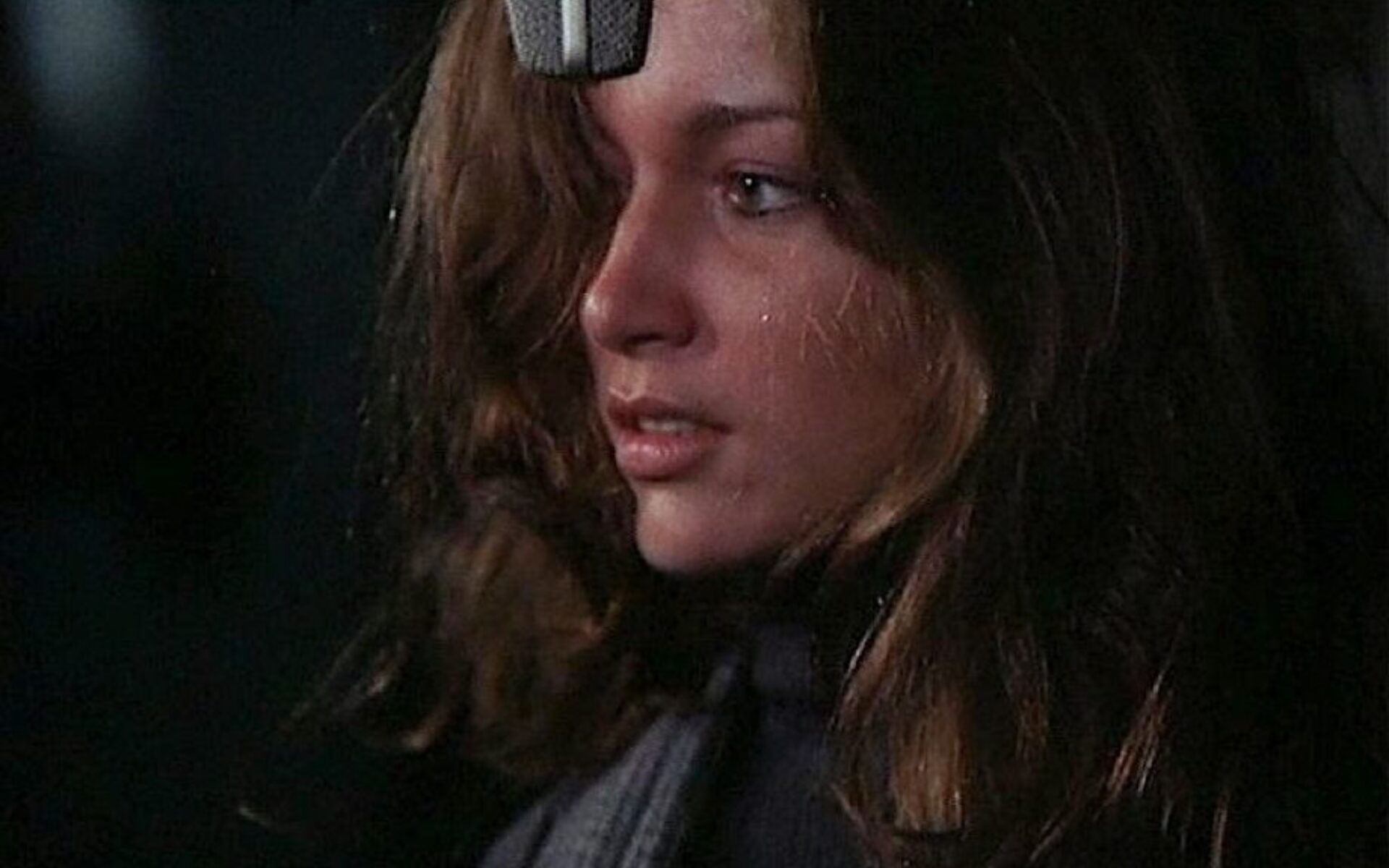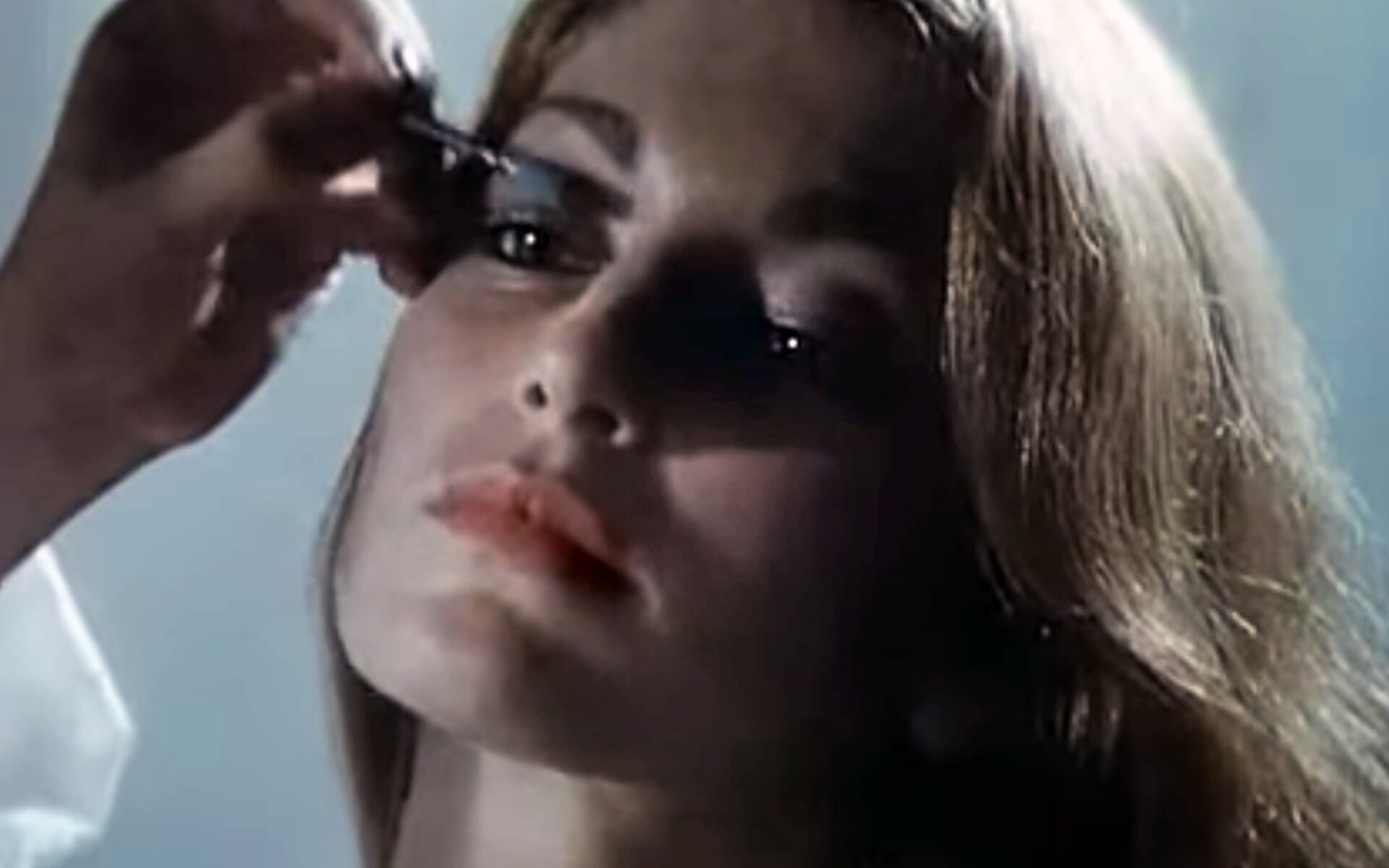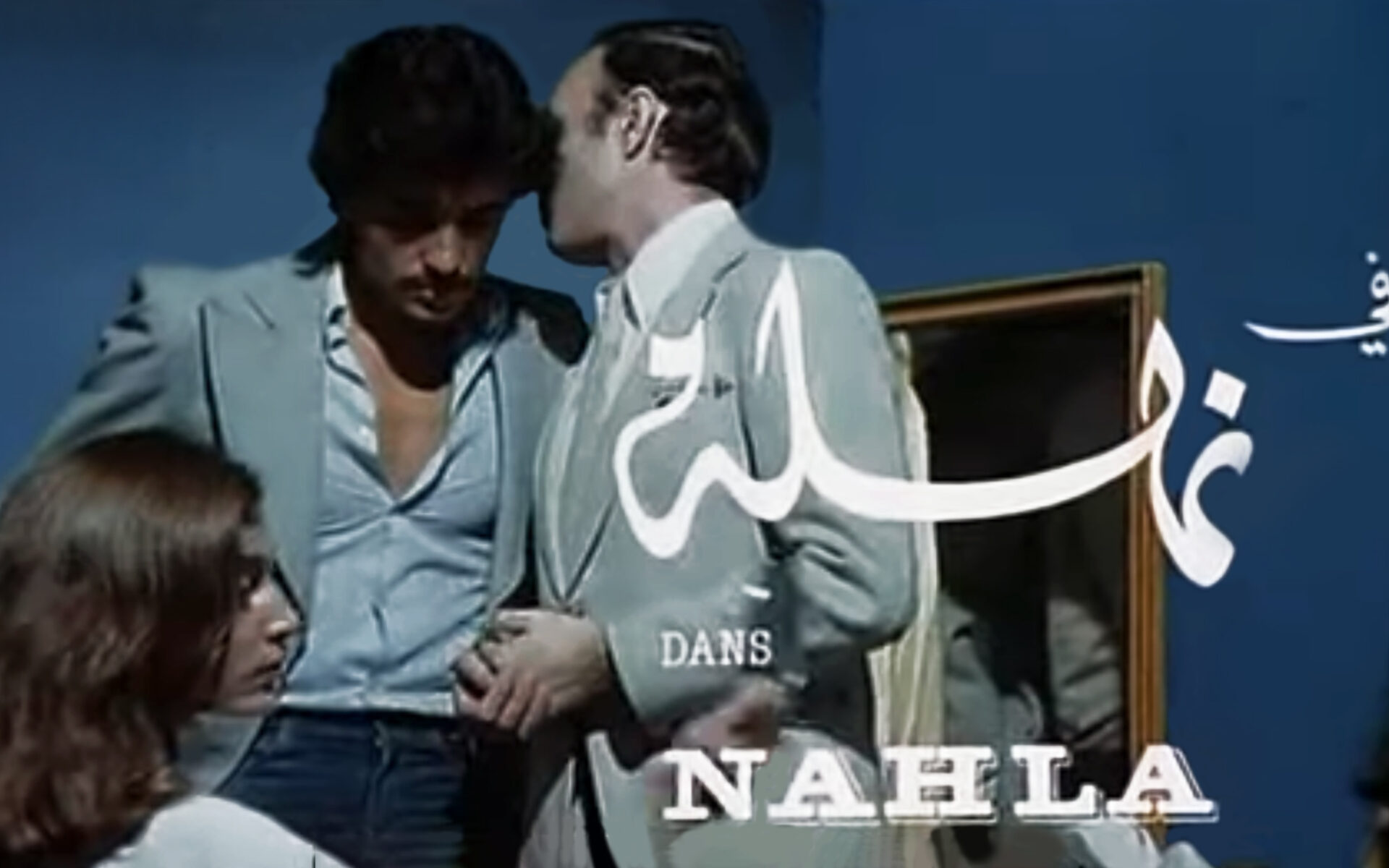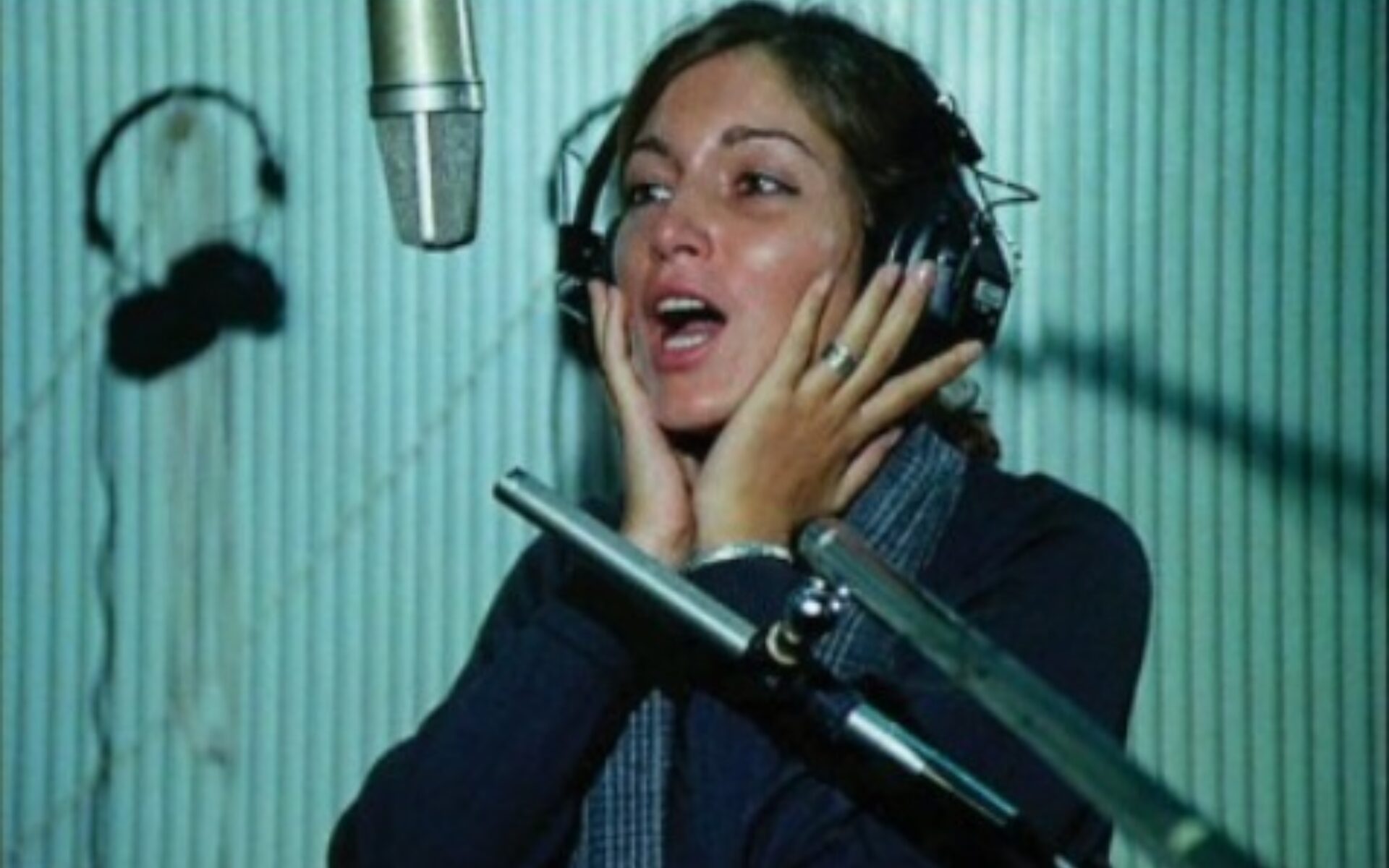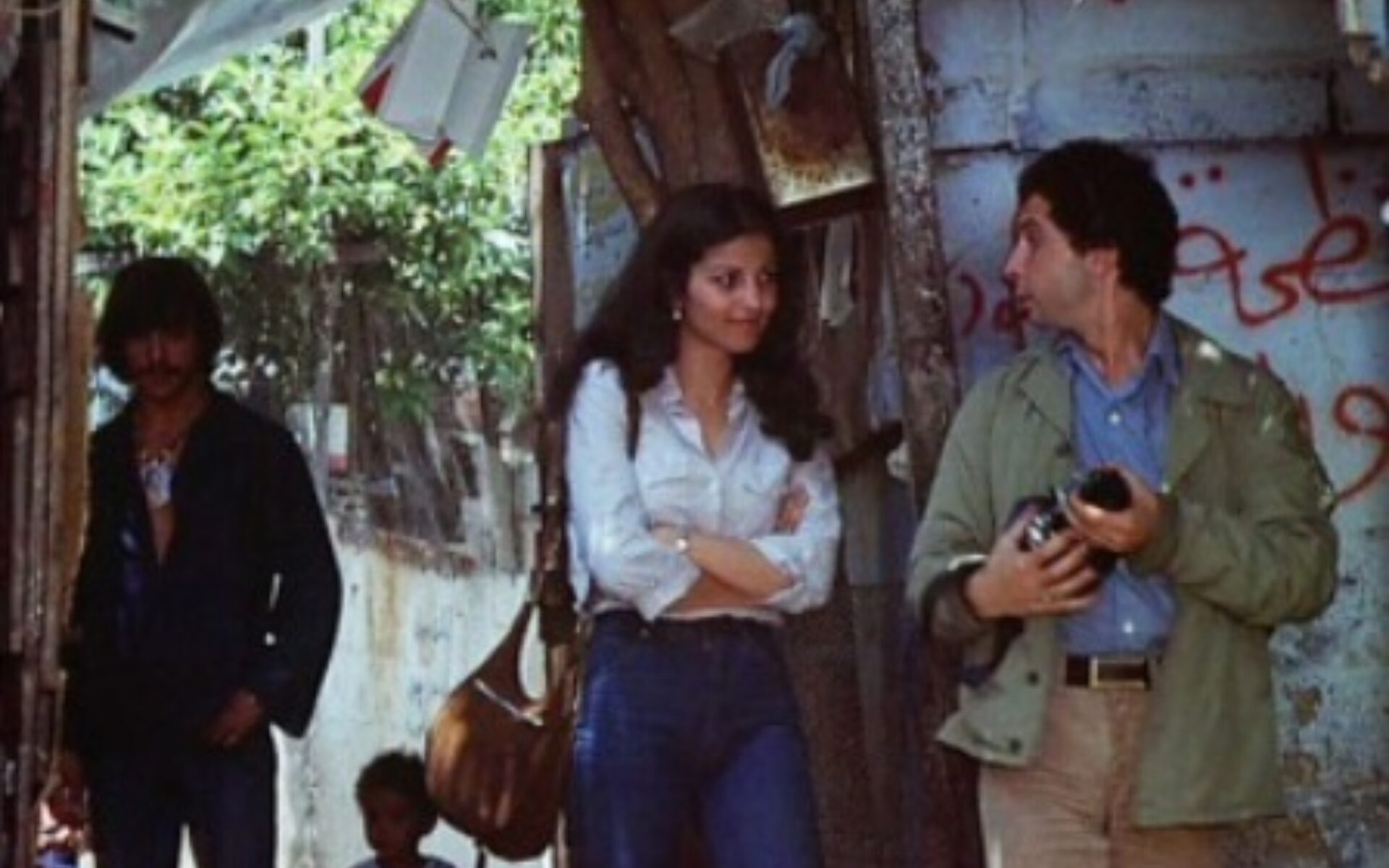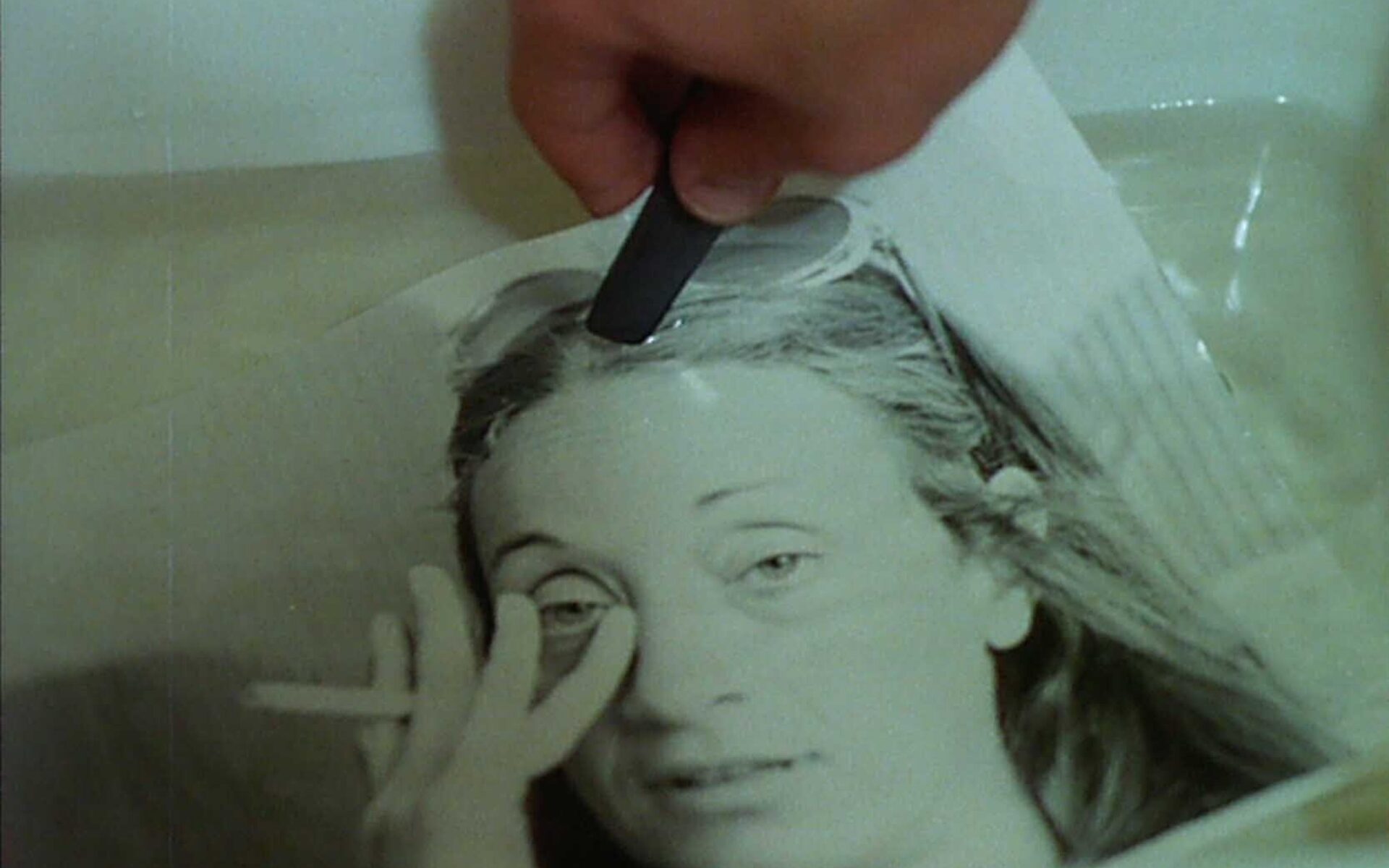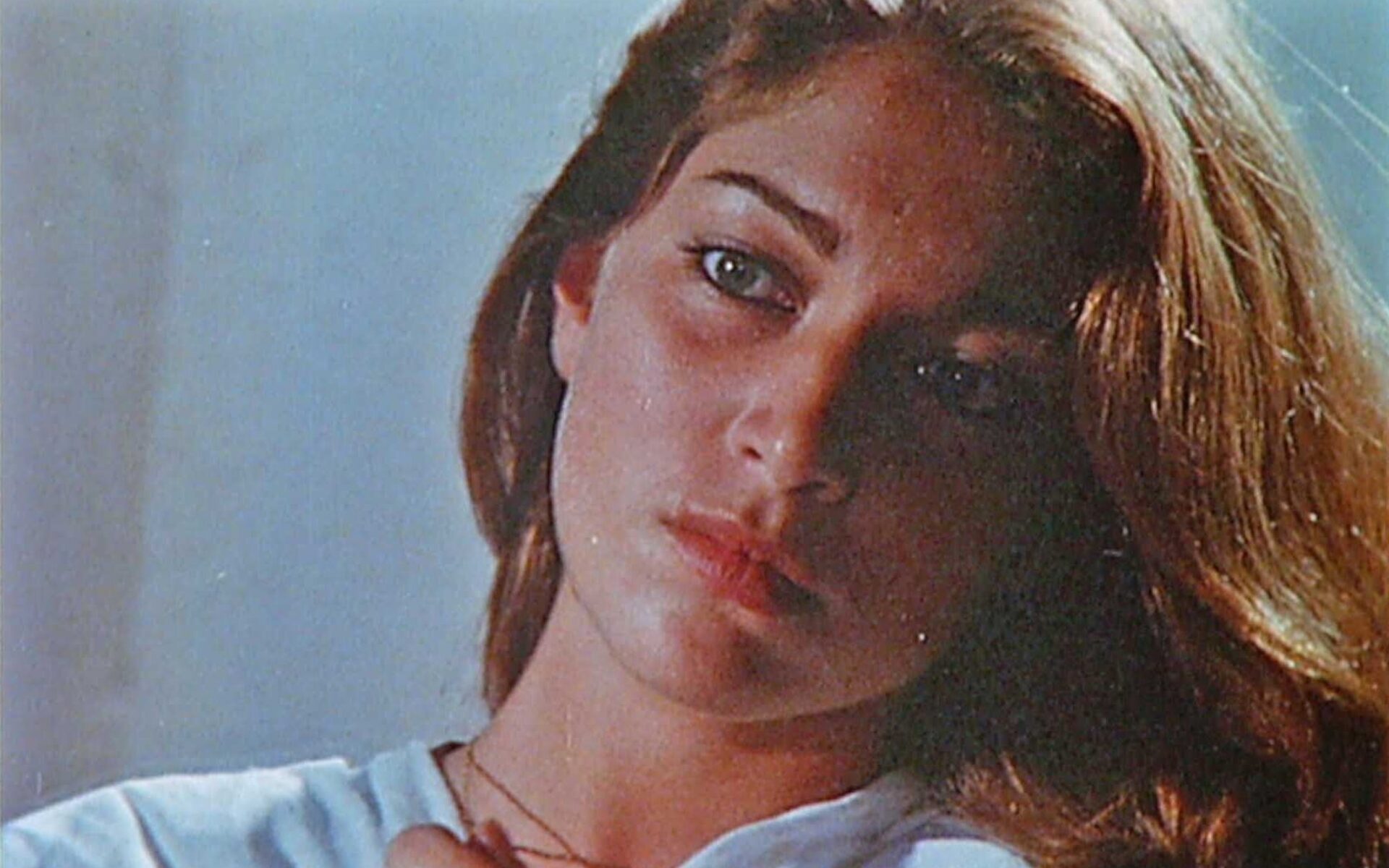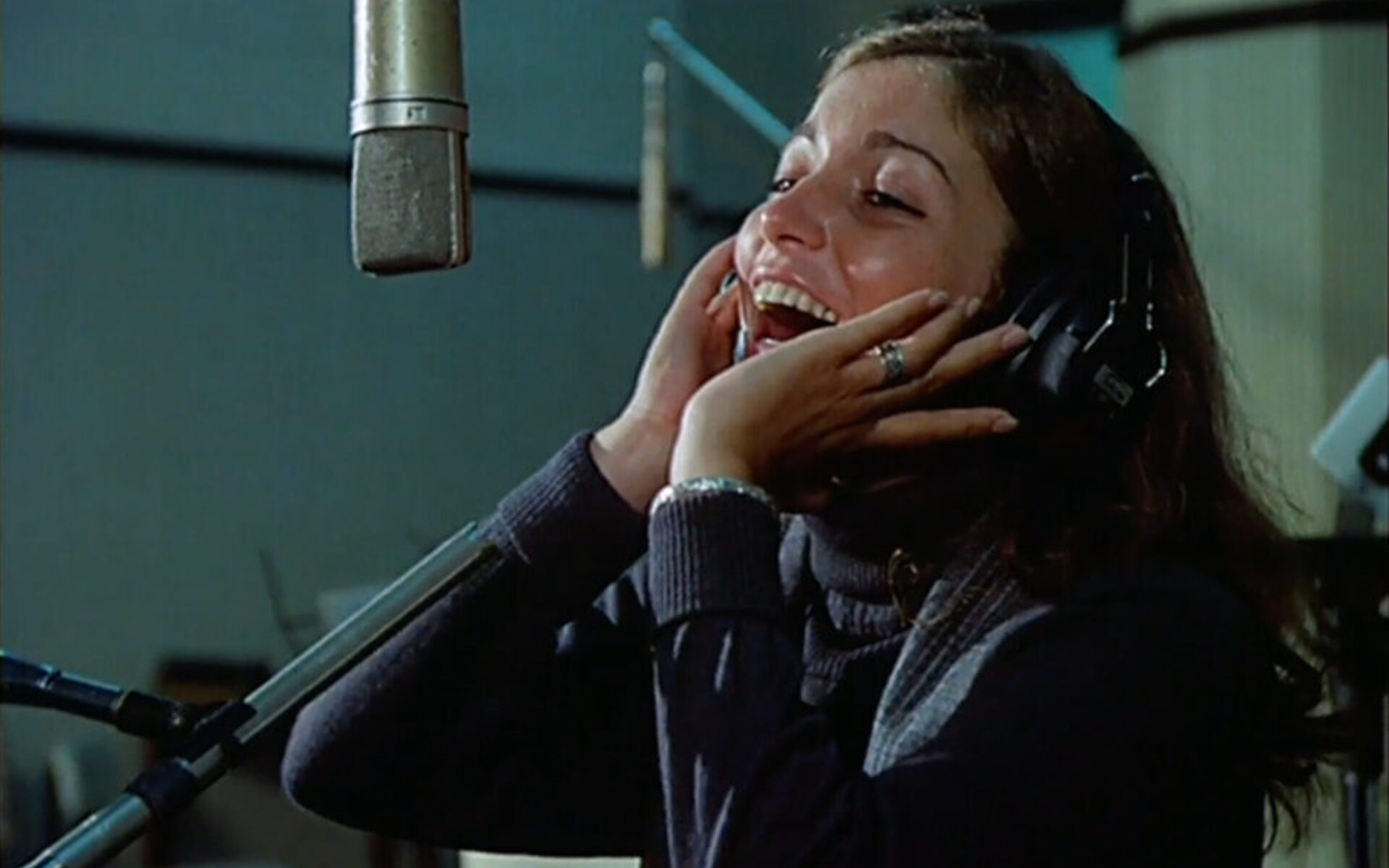The film historian and programmer Olivier Hadouchi also participated in the project, and he will presentWilliam Klein’s documentary on the Pan-African Festival of Algiers on 21 January, with images of parades, dances, concerts, shows, as well as speeches made during this Festival. This film was entirely financed by Algeria, with teams of filmmakers and technicians from Algeria and elsewhere.
We’ve asked these partners to share their feelings about the programme as a whole, and also which films they particularly like.
From the outset, the filmmaker Chafik Allal has pointed out that this was a programme and not a retrospective. Its point of departure is non-exhaustive and subjective. Nevertheless, it seems to our partners, academics, filmmakers, journalists and artists, that this selection gives a good overview of the richness and diversity of Algerian cinema.
“A cinema born just before independence”, recalls film historian and programmer Olivier Hadouchi, “with pioneering filmmakers like Tahar Hannache, then Djamel Chanderli, who joined the maquis and the film department of the FLN and the GPRA (Provisional Government of the Algerian Republic) in Tunis during the war of independence, it emerged as a national cinema, it began to develop during this war, and for years it was one of the most dynamic cinemas in Africa”.
Olivier Hadouchi notes that, although it has a significant number of film productions, Algerian cinema is still little known worldwide. This is an excellent opportunity to immerse oneself in it and to take a bath of youth and diversity, of commitment and of ‘feminine’ cinema.
Yasmine Chouikh, director and journalist, sees “faces, mentalities, colours, pasts, futures, a range of ideas and thoughts that cohabit sometimes gently, sometimes painfully; all on the same film and on the same screen”.
“It is a cinema that explores all the palettes of life, a cinema that”, says Olivier Hadouchi, “has been able to reflect on its own history and even on the history of the country, by tackling periods such as the war of independence or ‘the black decade’, but also the daily life of Algerians”.
Genesis – Do you know which first and only Arab – African film won the Palme d’Or at the Cannes Festival in 1975?
“The genesis of Algerian cinema started during the colonial era, and was revealed afterwards”, sums up Ali Mokrani, Algerian Ambassador in Brussels, “filmmakers were recounting the fight for emancipation, the reflection of daily life, the participation of women into society, revolt and cinema production. The richness of the screenplays, the high level of film professionals, the love of the citizen for Algerian film, the multitude of co-productions with filmmakers and countries of world reference in the seventh art such as Italy, show the unique conditions for filmmaking in Algeria and the richness of the film heritage is being preserved by the Algerian Cinematheque.the first and only Arab and African film with the Palme d'Or at the Cannes Festival in 1975”.
It is therefore a cinema that presents a ‘formal’ side of the struggle for independence and freedom, “with commitment, politics and sensitivity, more linked to progressive elites”, adds filmmaker Chafik Allal. In short, a ‘poetic’ cinema.
“These images linked to the time of the liberation and struggle are expressive and serve as a testimony to the harshness and savagery of the French colonial era”, continues Ambassador Ali Mokrani, “the screenplays were often drawn from the great Algerian writers and participate in the consolidation of historical memory, particularly in the first post-colonial period of the struggle against oblivion and for the appreciation and safeguarding of the freedom that was snatched away and regained”.
Olivier Hadouchi points to Kamal Dehane's film on the poet Kateb Yacine, a great Algerian writer known for his critical outlook and freedom of tone, and that of Assia Djebar, who was also a novelist and an important writer.
Where to start?
While situating a certain number of films in the decolonisation process, Kamal Dehane recommends Mohamed Zinet’s Tahia Ya Didou, which he considers to be ‘the essential film’ in the cinema of independent Algeria; the soul of Algiers is carried by this film, which is close to Italian neo-realist cinema.
Olivier Hadouchi agrees: “It is a poetic film that sometimes dialogues with the burlesque cinema of Keaton or Tati, while being deeply rooted in the life of Algiers”.
Kamal Dehane adds a favourite to his list: Algérie année zéro by Marceline Loridan-Ivens, a documentary filmed in the first days of Algerian independence that is deeply moving. Note that this film was banned in France and Algeria at the time.
Yasmine Chouikh concludes very nicely with these words : “I hope that everyone who is able to see the films will see as many as possible, because this programme is eclectic and each filmmaker brings his or her own universe to the screen. You may find yourself in one film and not in another, but what is certain is that you will find Algeria as diverse as its artists and inhabitants”.
Director Kamel Dehane agrees, pointing out that more and more young filmmakers are exploring the moods of individual citizens, such as Papicha and 143 rue du Désert by H. Ferhani. Chafik Allal also confirms: “For the past fifteen years, a young generation has been connected to the rest of the world, full of talent, even more liberated from of institutions. They have been meeting in a great place to talk about cinema (the Rencontres Cinématographiques de Béjaïa): generating a lot of dynamism, creativity and diversity”.
The balance between films by women directors and films by men directors
Cinema about or made by women is very present in this programme, which has integrated the ‘gender’ dimension fully, says Chafik Allal, who is thinking in particular of the strong character of Nahla, who “perhaps represents the wreckage of the Arab world”. In this film by Farouk Beloufa, shot in Beirut and Lebanon in the midst of the civil war, “we see the gaze of women in complete disarray, on the verge of a nervous breakdown”.
In another register, there is a historically significant sequence showing the very strong participation of women during The Battle of Algiers: in this film, we see three female FLN fighters – Zohra Drif, Samia Lakhdari and Djamila Bouhired – preparing to leave the Casbah and plant bombs in French settler areas. They remove their abayas, apply make-up, cut and dye their hair, and change into French clothes. This powerful sequence has been the subject of much debate about the role of women in revolutionary struggles, as well as about religion, performance and gender presentation. This interesting article reflects on the inspiration from this film on Quentin Tarantino’s Inglourious Basterds.
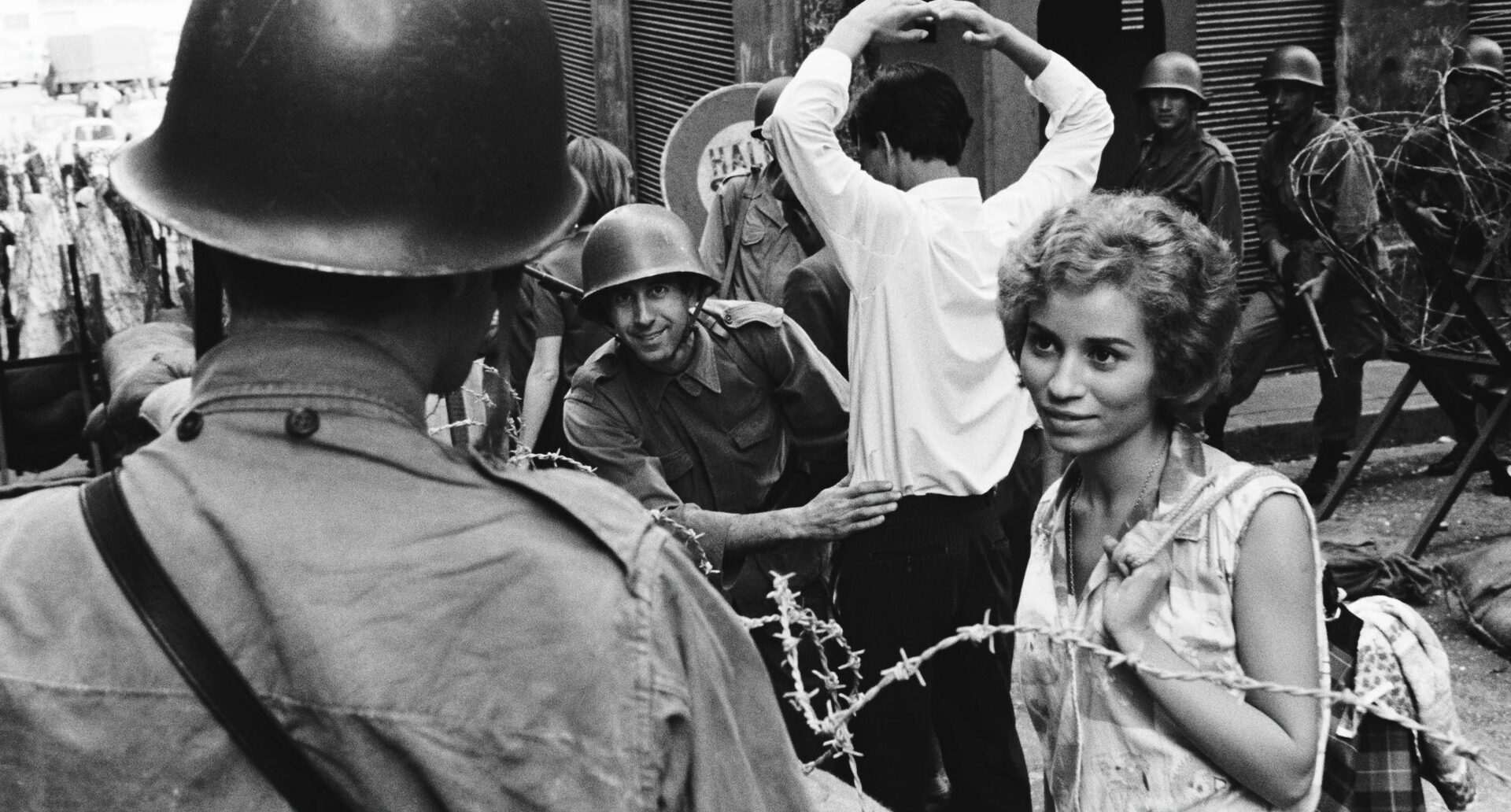
The appropriation of cinema as an issue of struggle seems to be present in films made by women: it is pleasing to note the arrival of a relatively large number of women filmmakers. Chafik Allal notes that “there are many more ‘recognised’ female directors than before and than in many European countries. These female directors bring to the screen subjects relating to the appropriation by women of public space, struggles for emancipation, as well as looks at the history of Algeria (À Mansourah, tu nous as séparés) or current issues as youth unemployment and migration are deemed important within our society (Nar by Meriem Achour-Bouakkaz).
Some final recommendations
Our interlocutors agree that it is difficult to choose just one film among the many great cinematographic works presented in the 60 years of Algerian cinema programme proposed in Brussels from December 2022 to February 2023.
Ambassador Ali Mokrani, for whom this programme evokes a feeling of pride and joy, recommends all the films in the programme! “With a specific appreciation for : Chronique des années de braise, Palme d’Or in 1975 The Battle of Algiers, Lion d’Or at the Venice Film Festival in 1966 and Omar Gatlato, selected in Cannes in 1977. Merzak Allouache's film, which presents a facet of the Algerian personality of a city dweller in the capital, contains telling and expressive images”.
For Yasmine Chouikh, the programme has a strong reference to her family history. “To see a film by my father (El kalaa), a film by my mother (Rachida) – a small tribute to my beloved mother who has left but who continues to make (our) films with us – and my own (Until the end of time) in the same catalogue is very pleasant, and a little confusing in a happy way. Why not watch these three films and compare the differences, or see the connections between three filmmakers who live under the same roof, and who made their films as a family”.
Of course, these films speak of three different contexts; perhaps that is precisely what is at stake in watching these three films and, more broadly, the other films in this programme: to see how contexts and eras are connected in order to find the ‘poetic’ red thread that links the different films and allows us to delve into the larger story and question the smaller story of each of us. Chafik Allal concludes: “It is in these interstices between the intimate and the political that the statements of these films nestle. Through emotion, confusion, tears, laughter and also through the head, the mind, the senses and the body”.
Screenings with English subtitles:
- 10.12 21:15 The Battle of Algiers - Gillo Pontecorvo
- 13.12 19:00 J'ai huit ans - Yann Le Masson
- 31.12 19:00 Les Mains libres - Ennio Lorenzini
- 07.01 21:15 The Nubah of the Women of Mount Chenoua - Assia Djebar
- 21.01 19:00 Festival Panafricain d’Alger - William Klein
- 08.12 > 14.02
60 ans de cinéma Algérien
En collaboration avec

